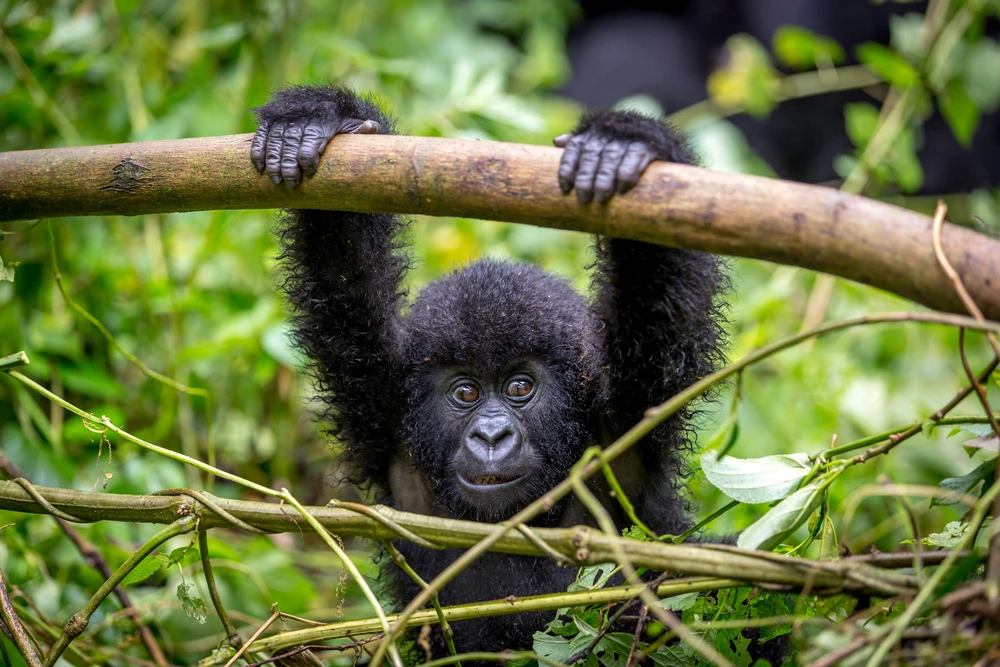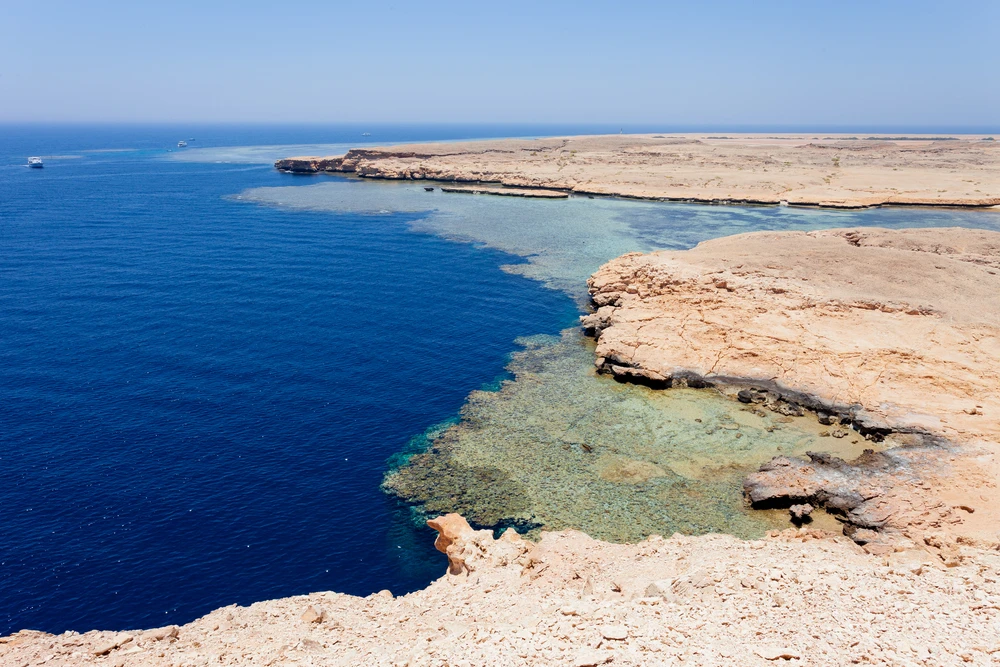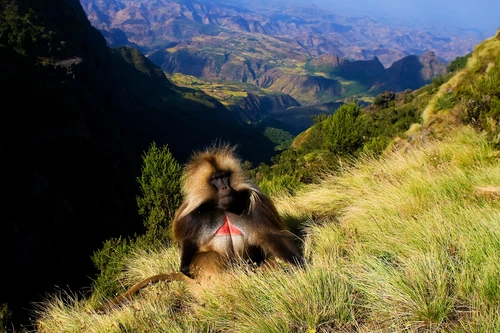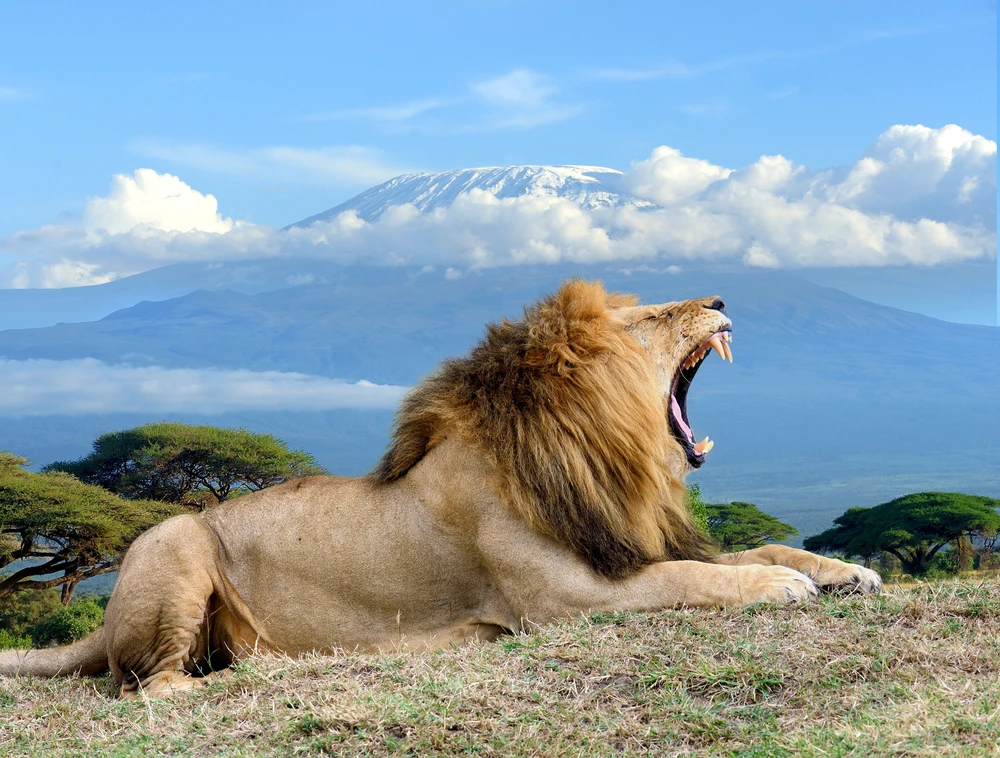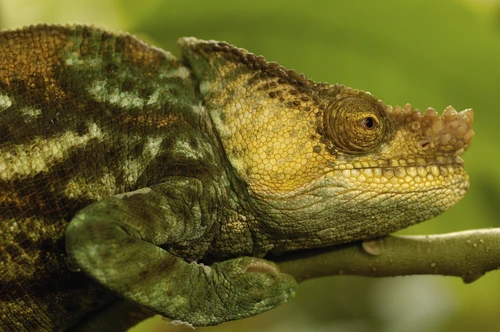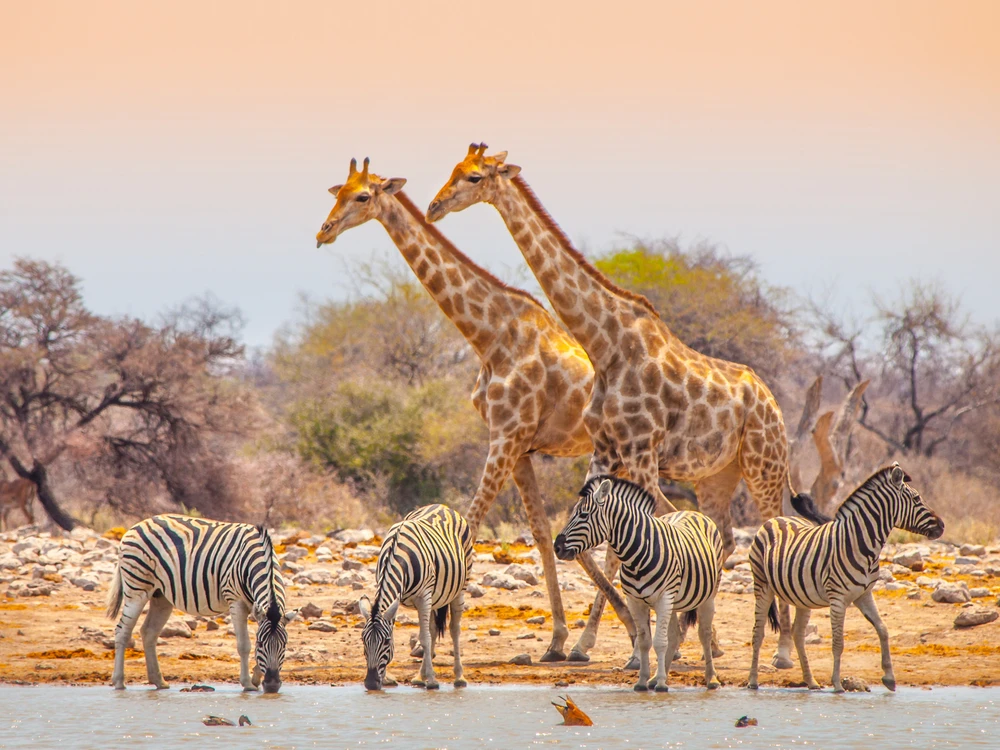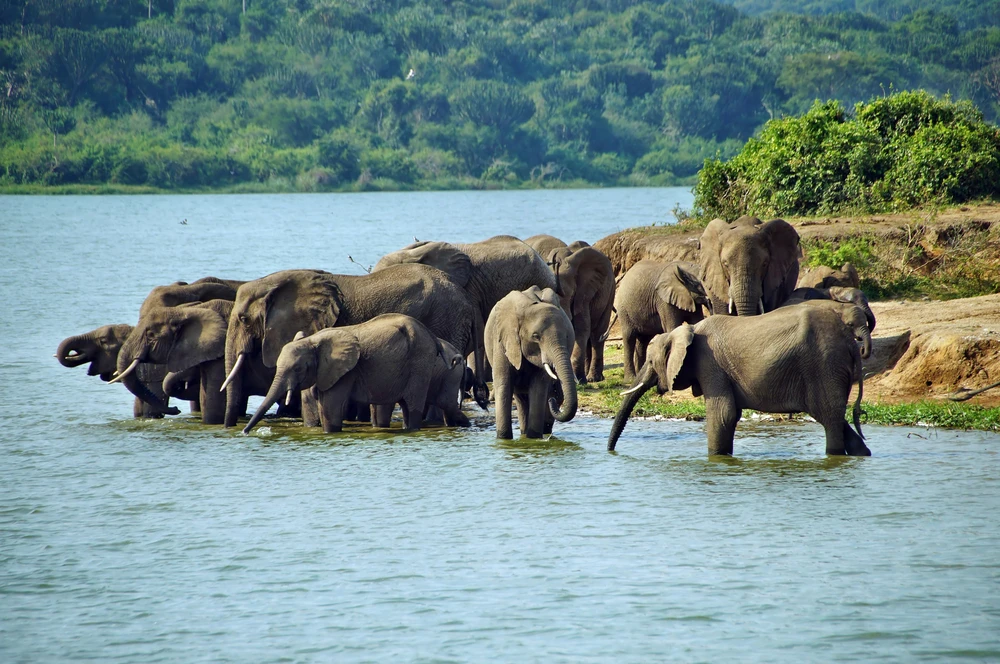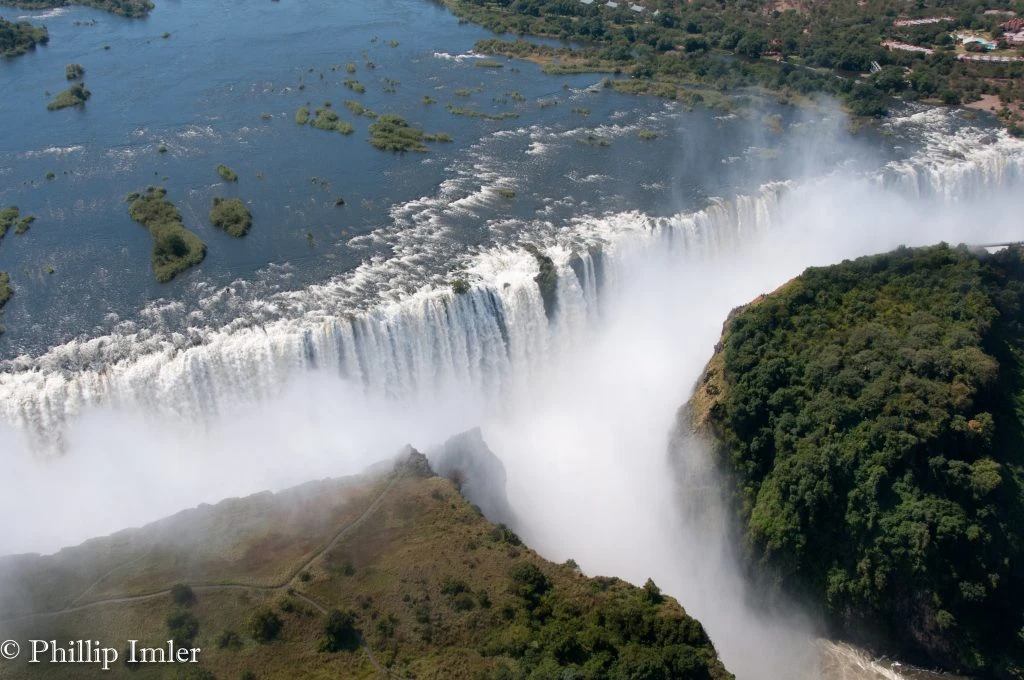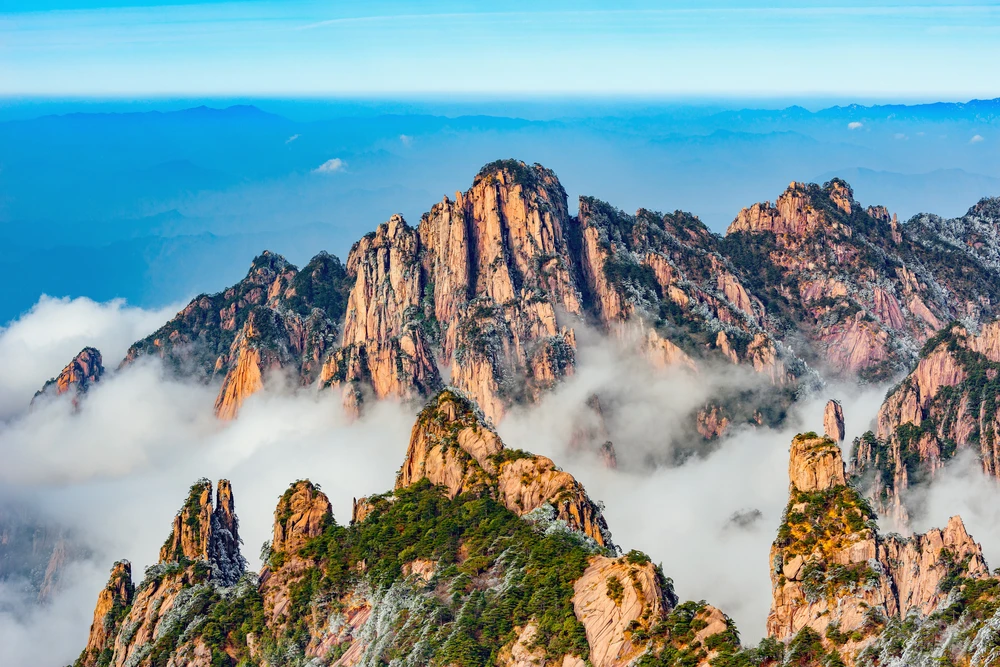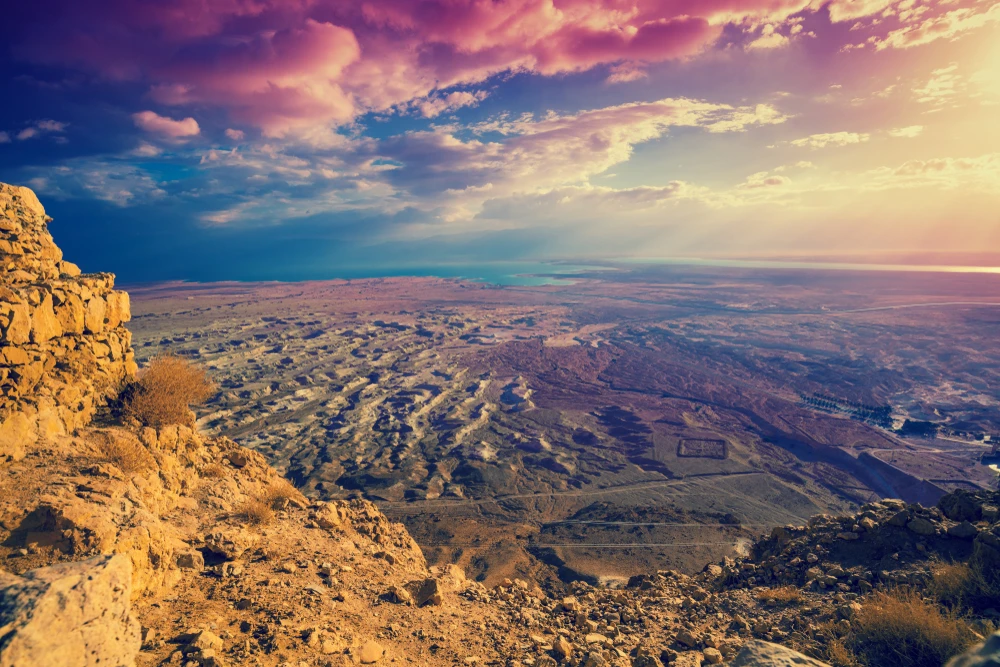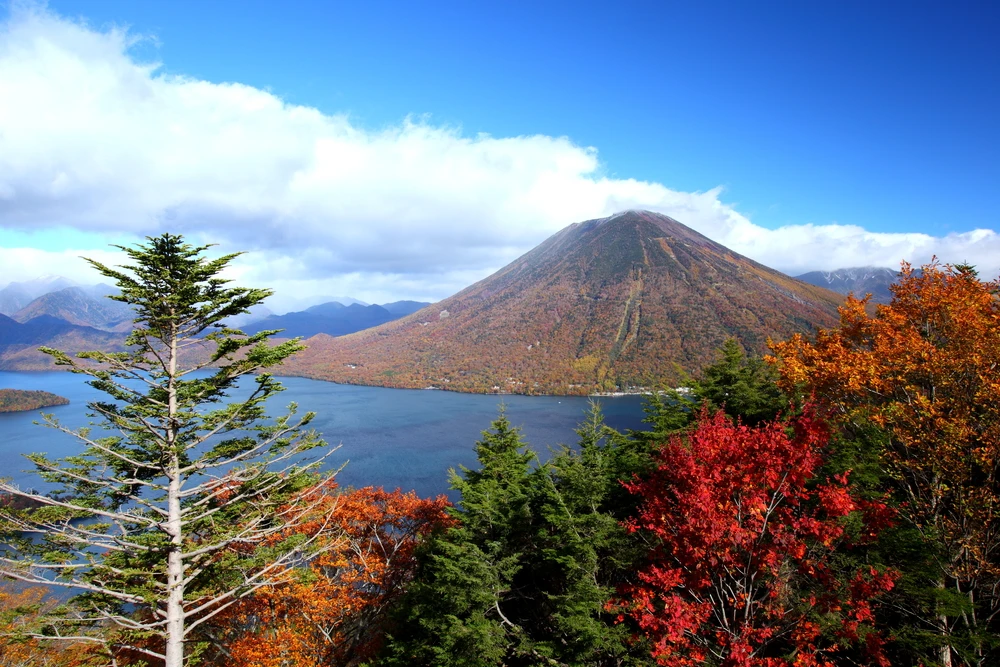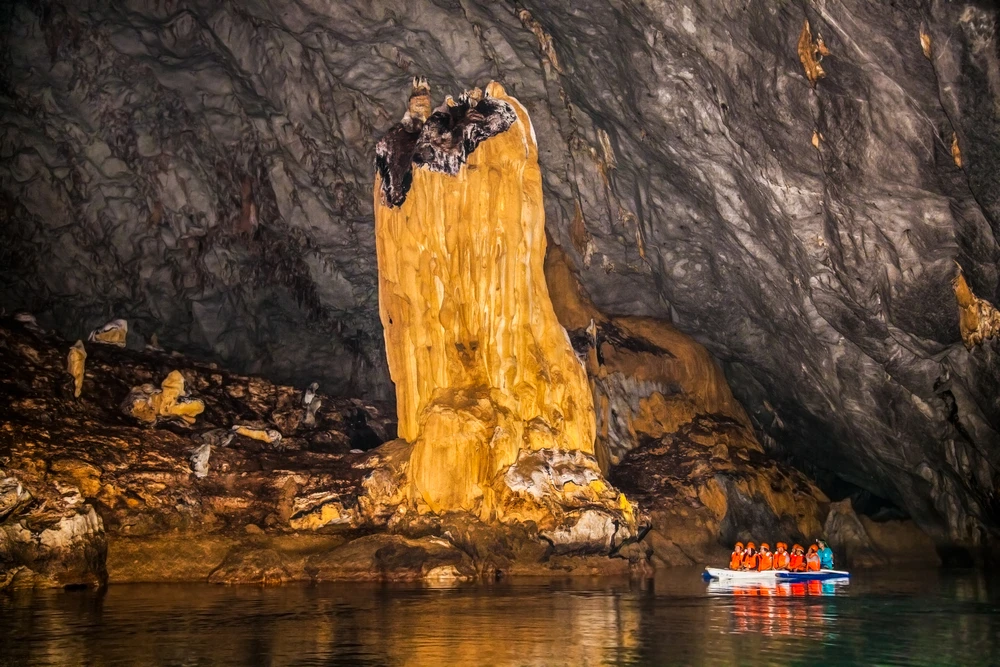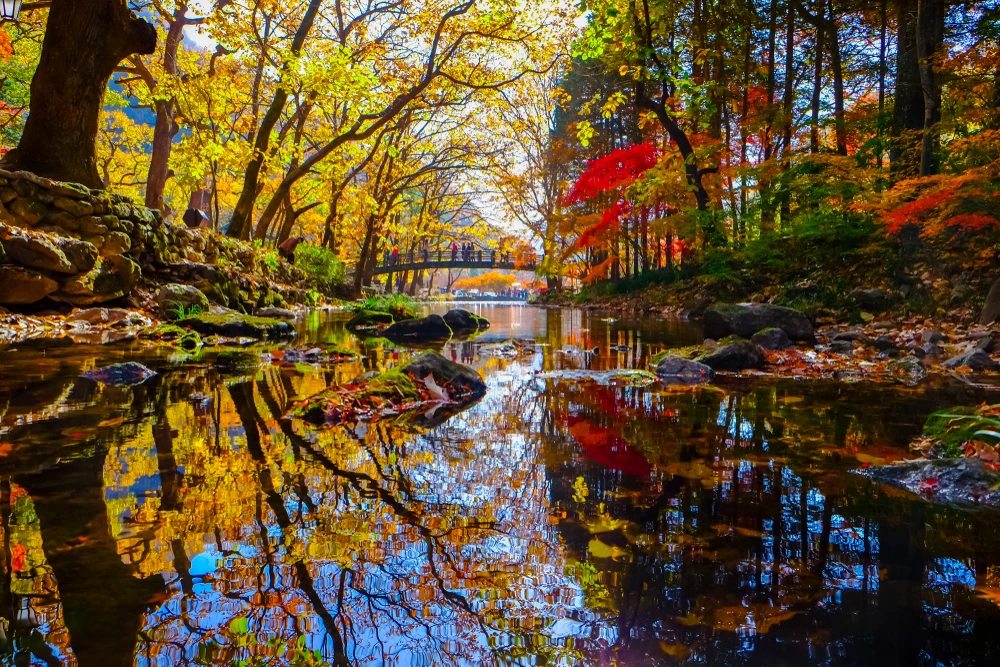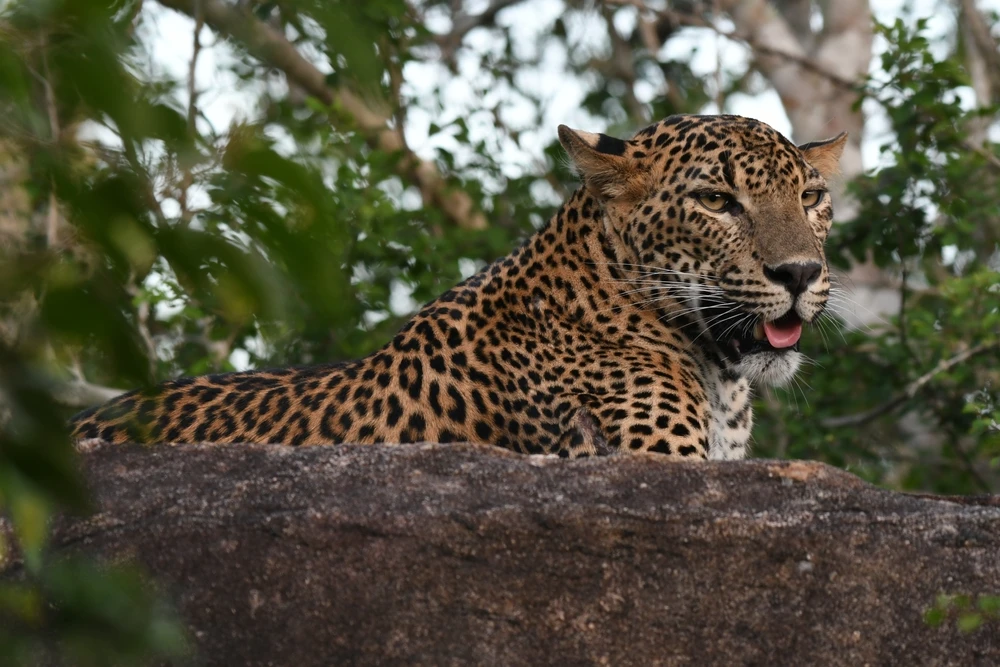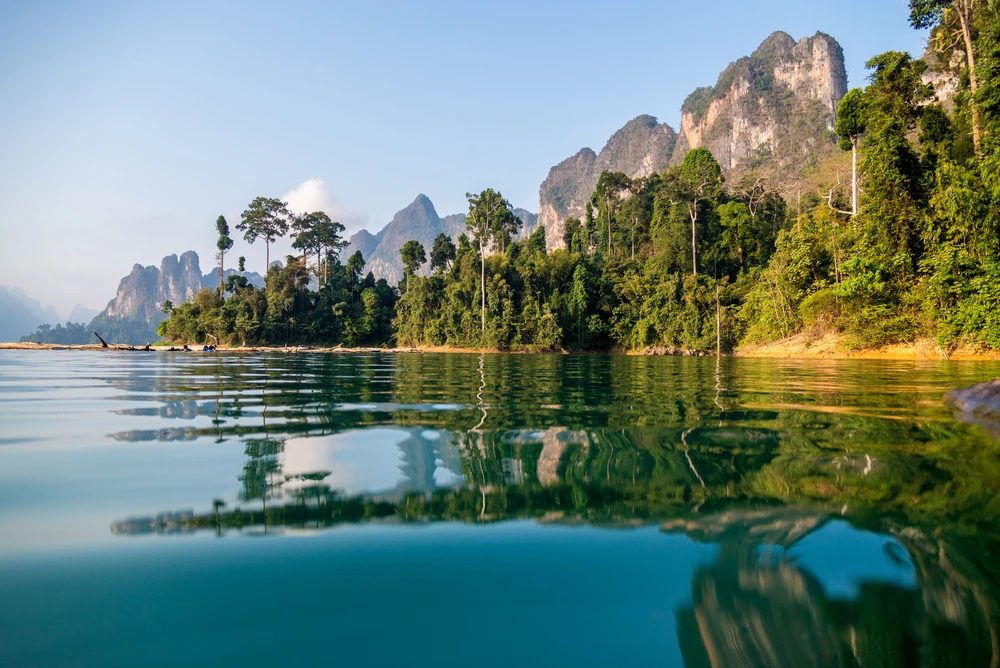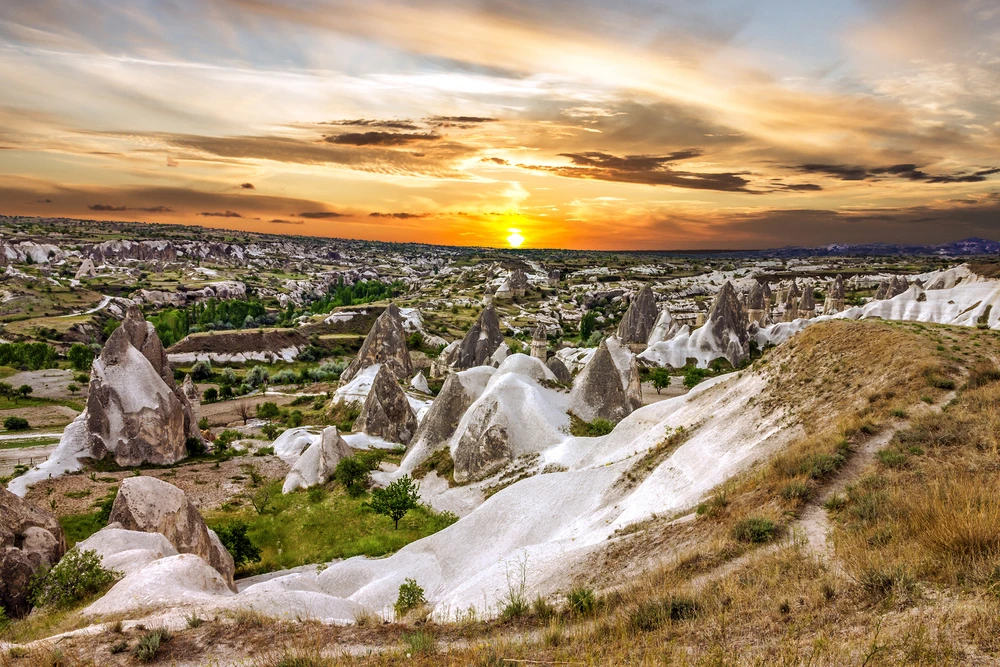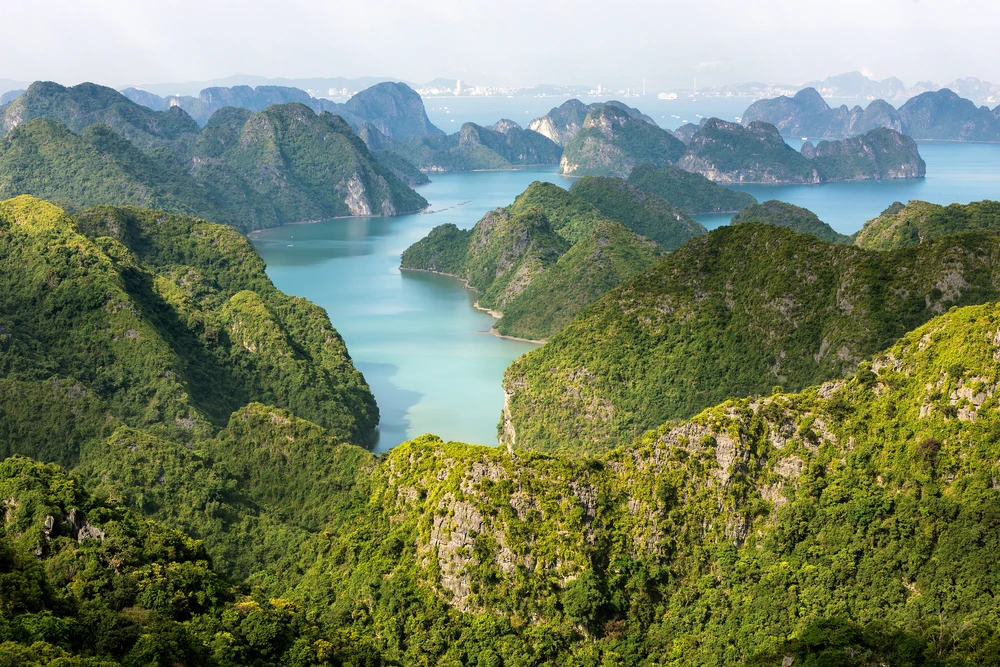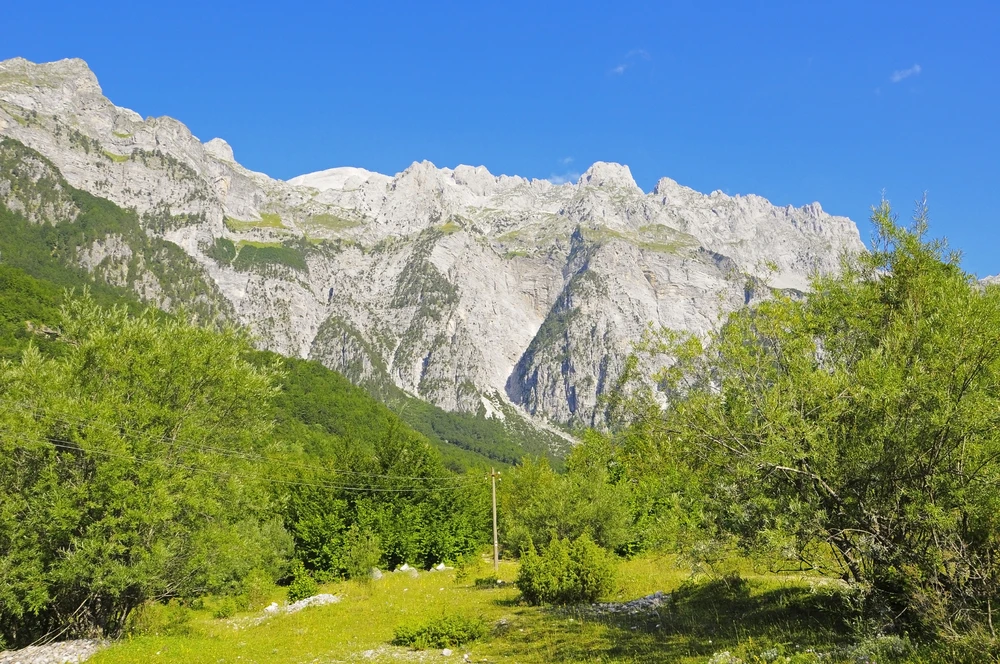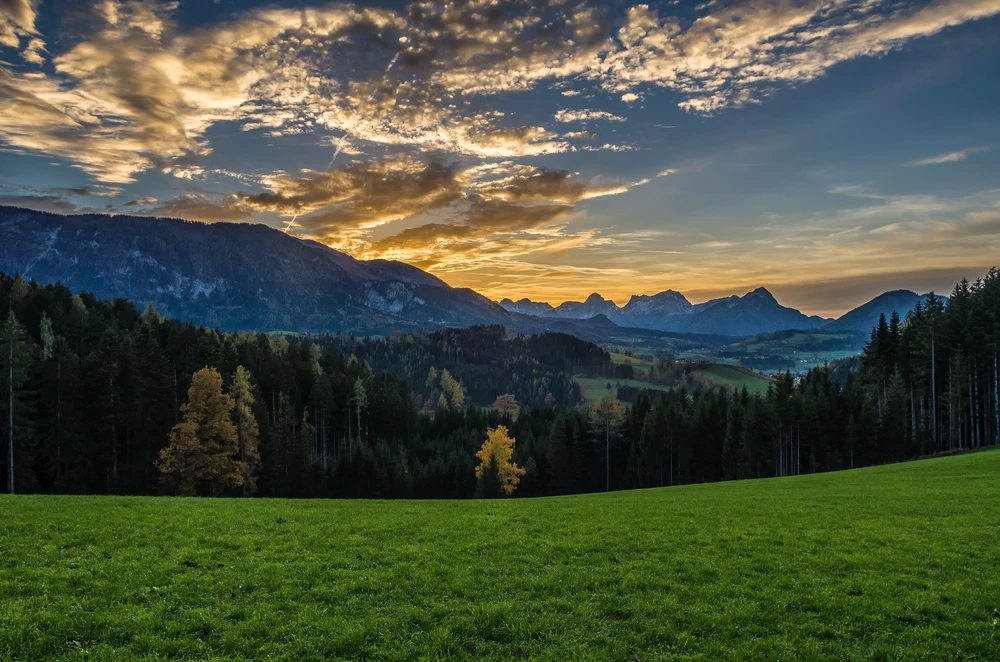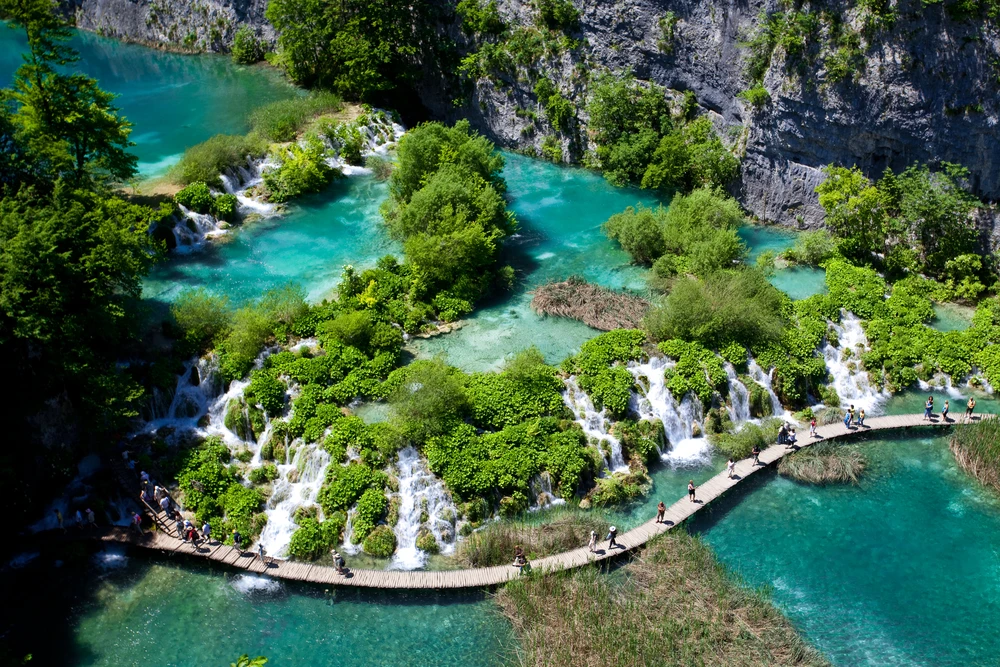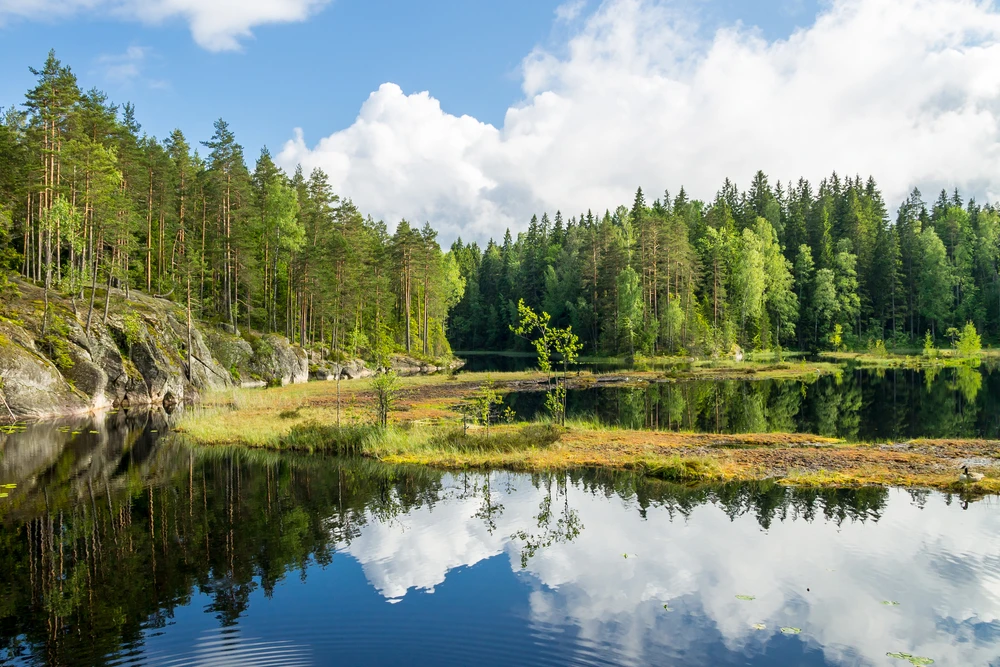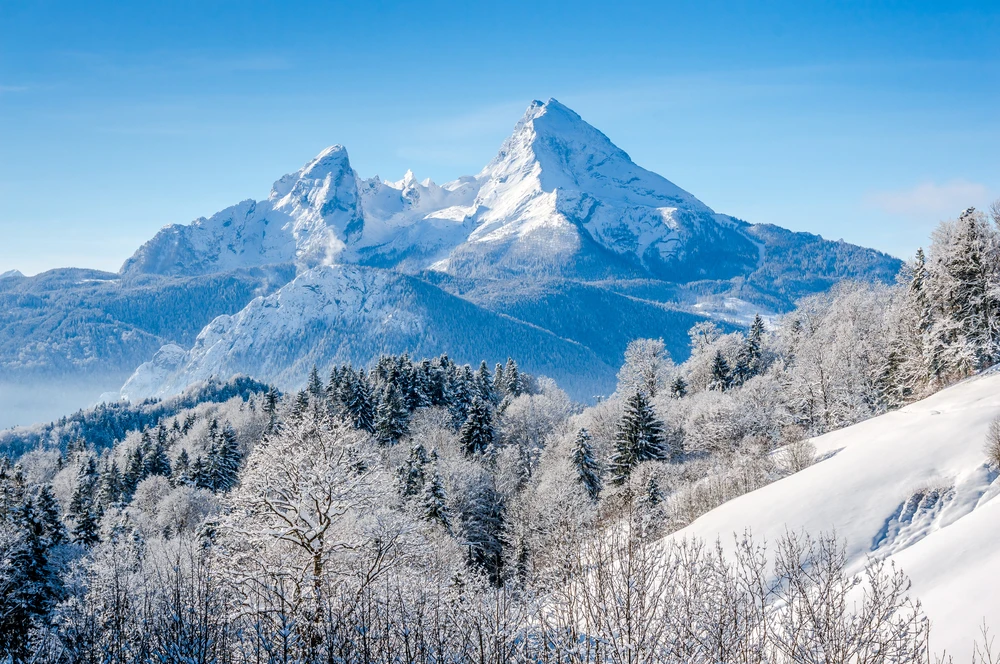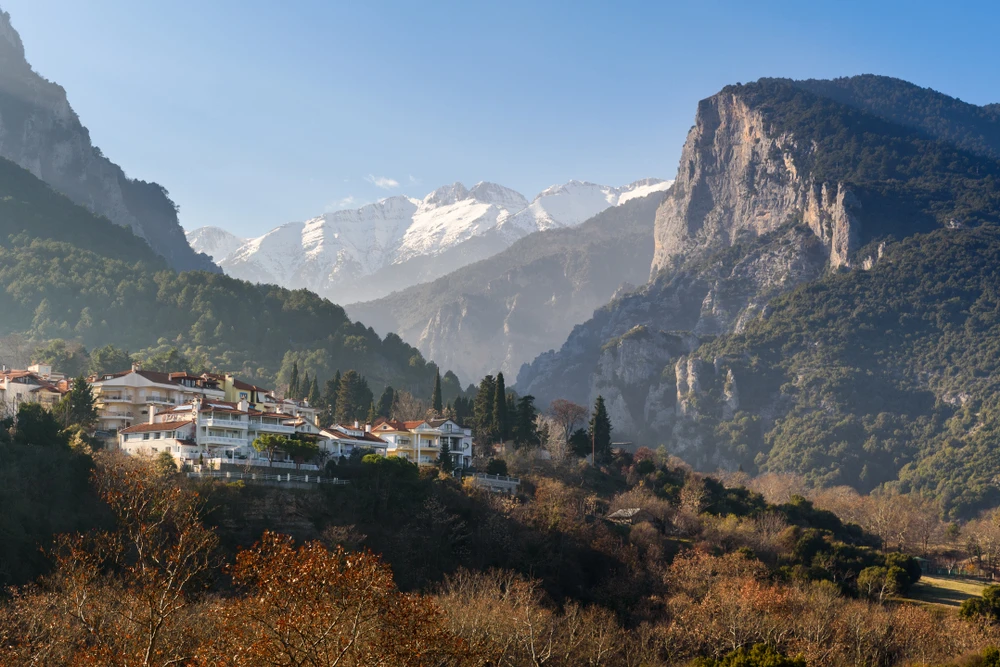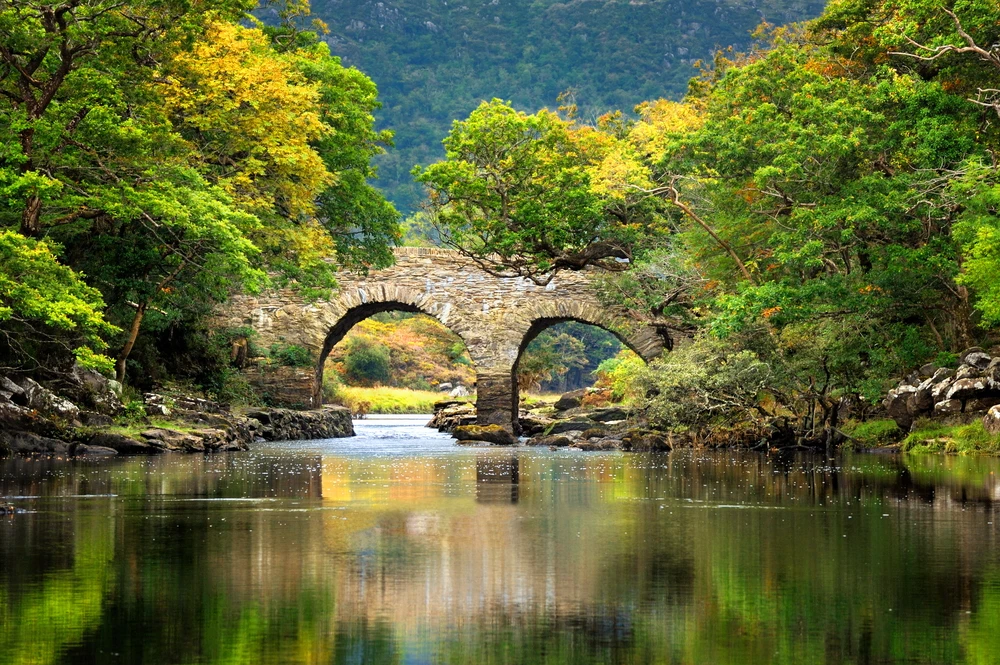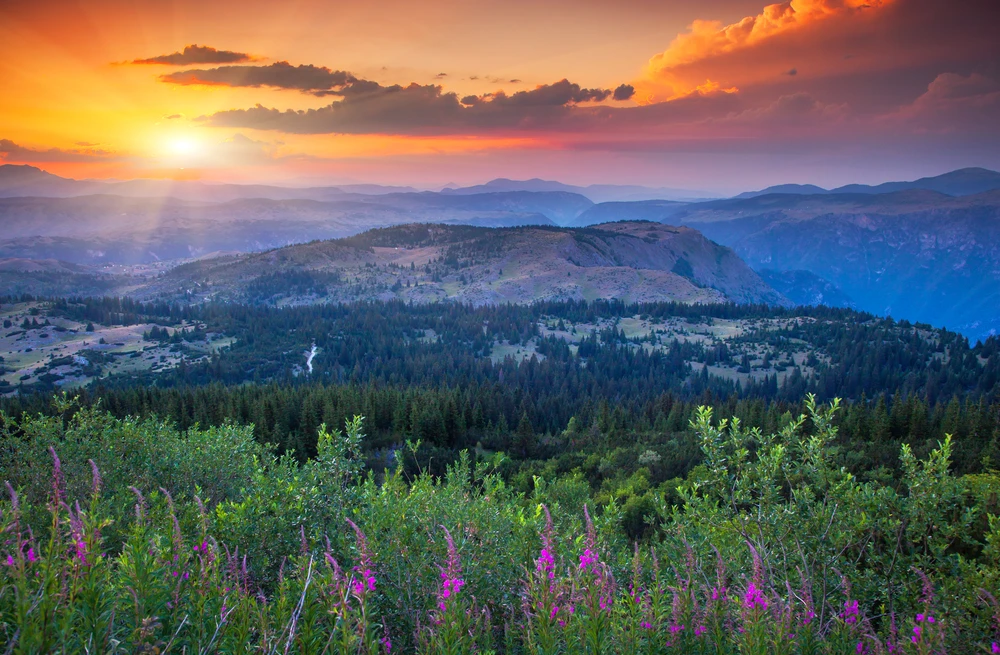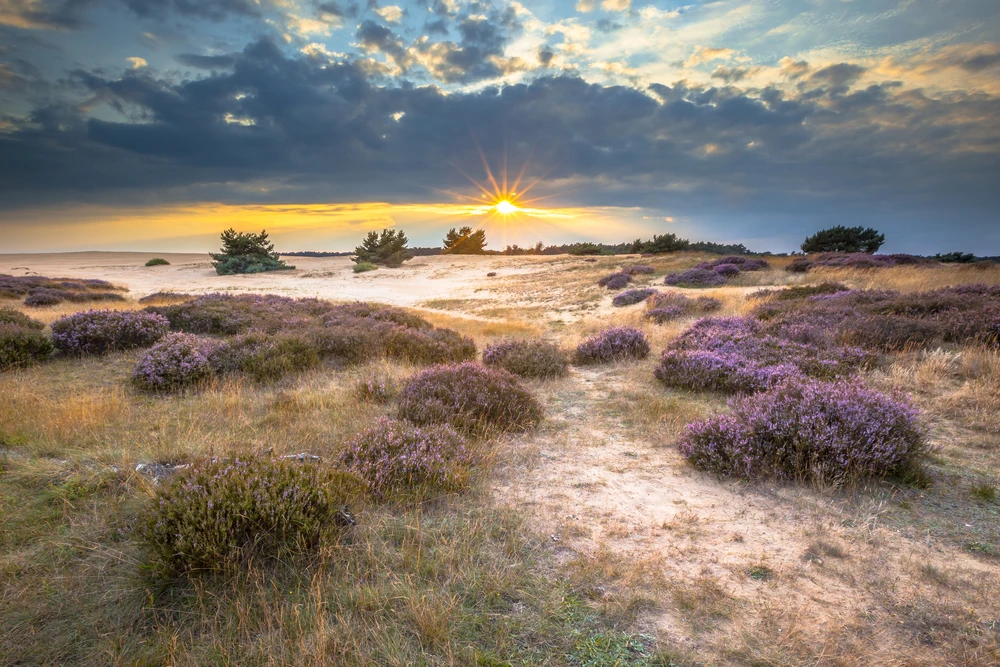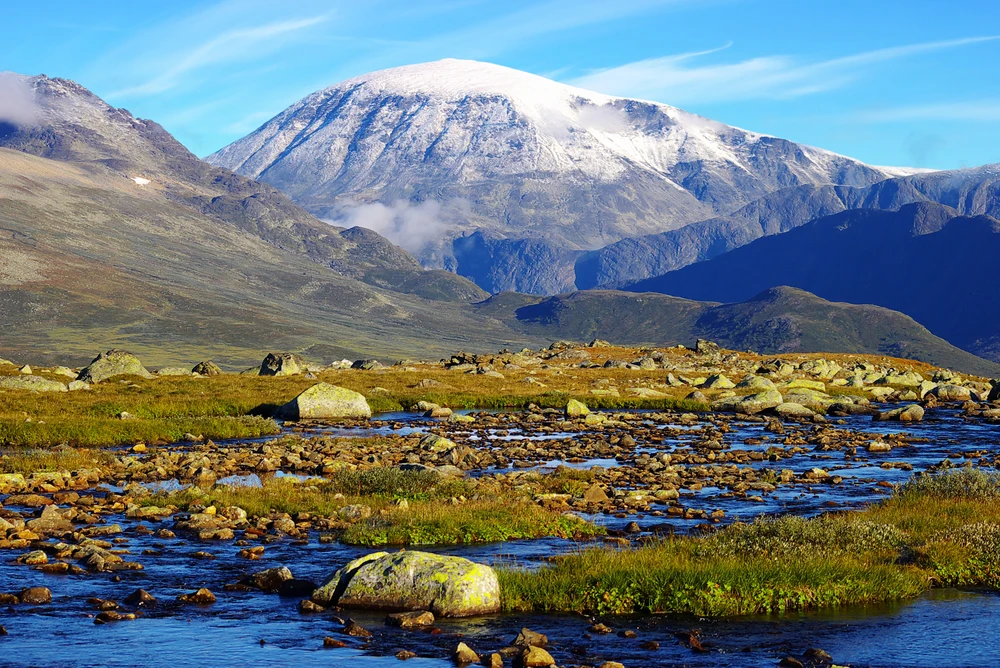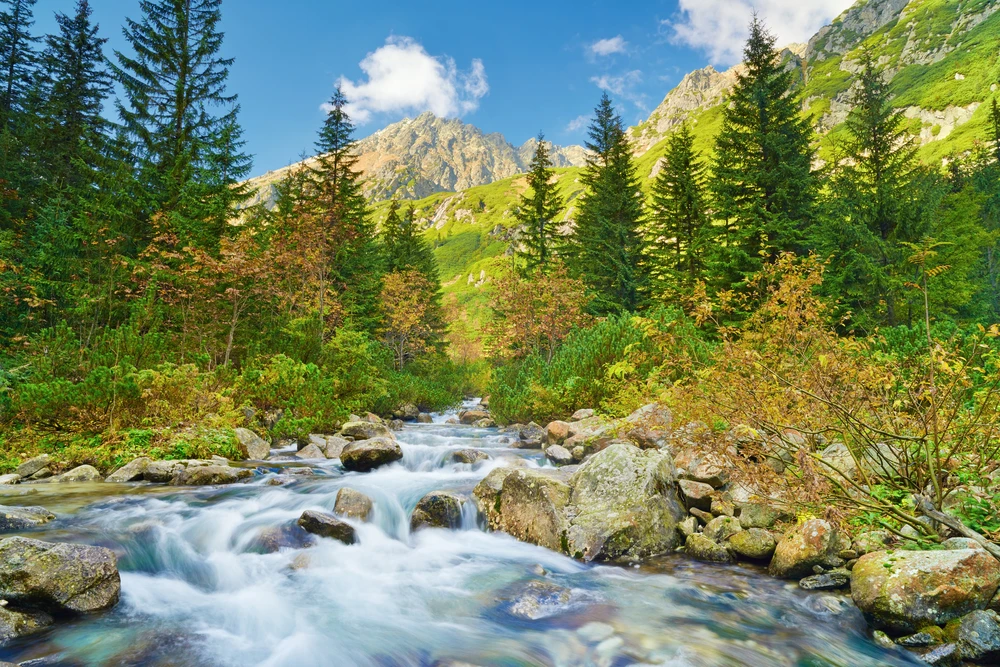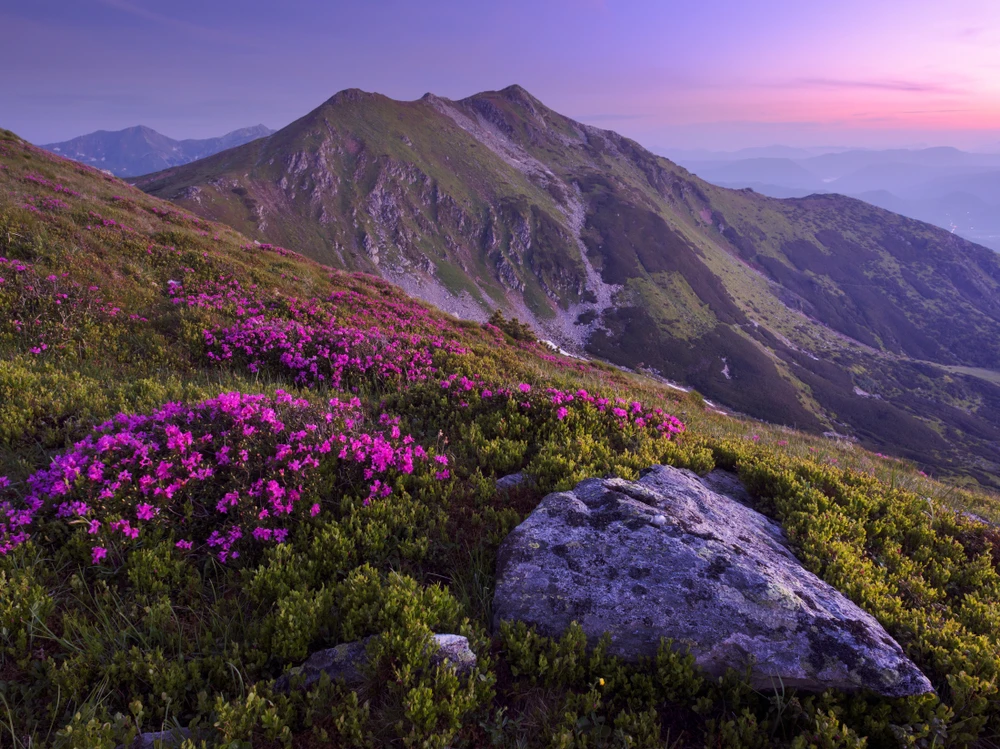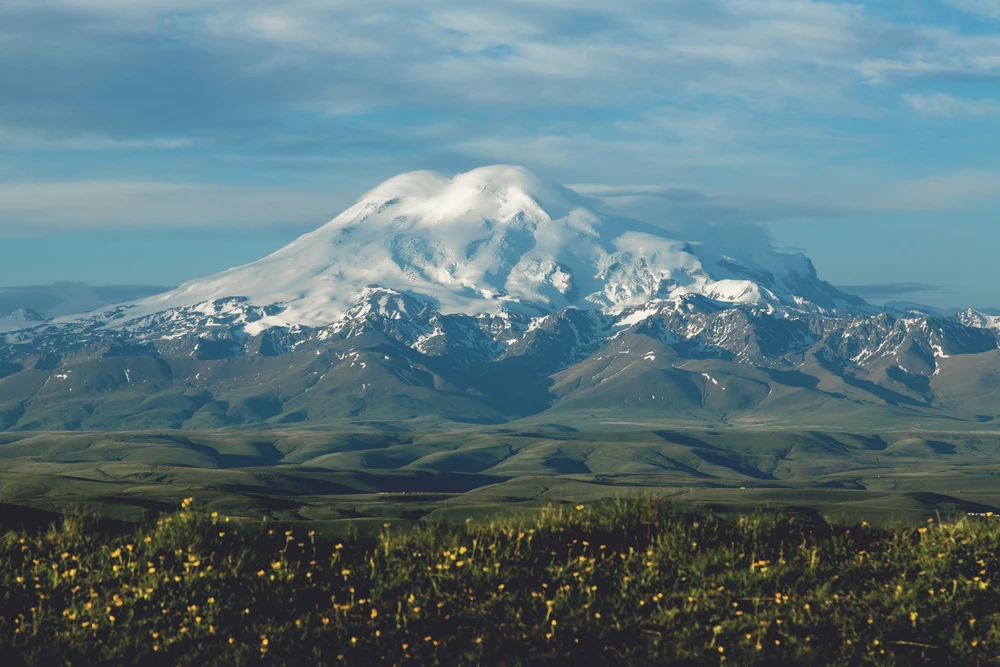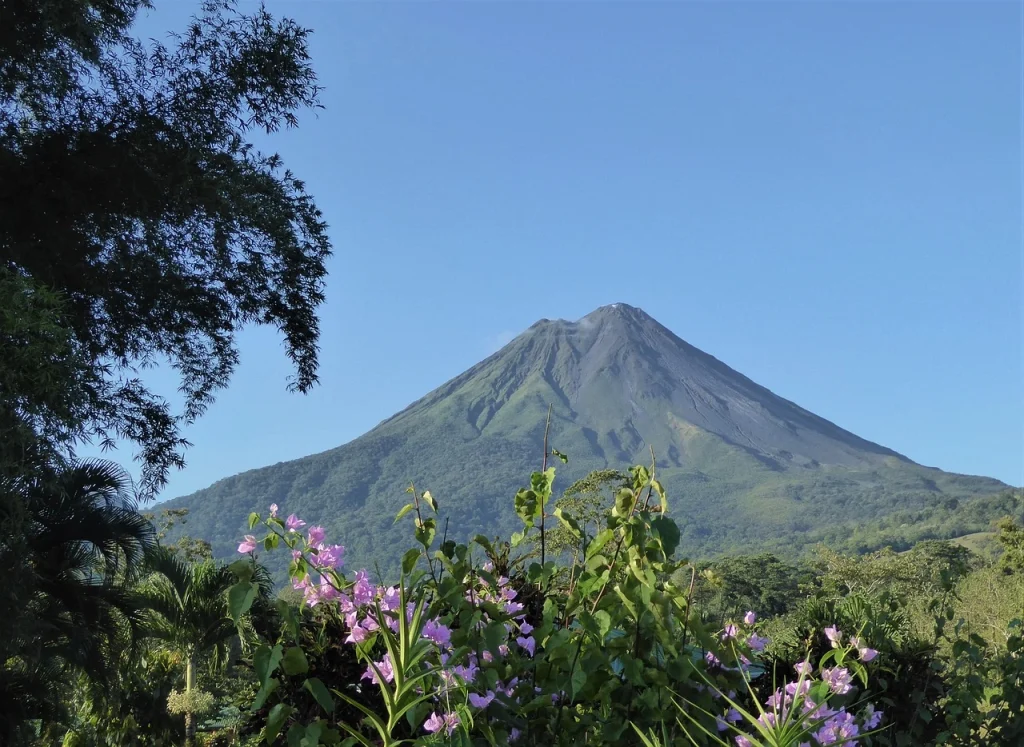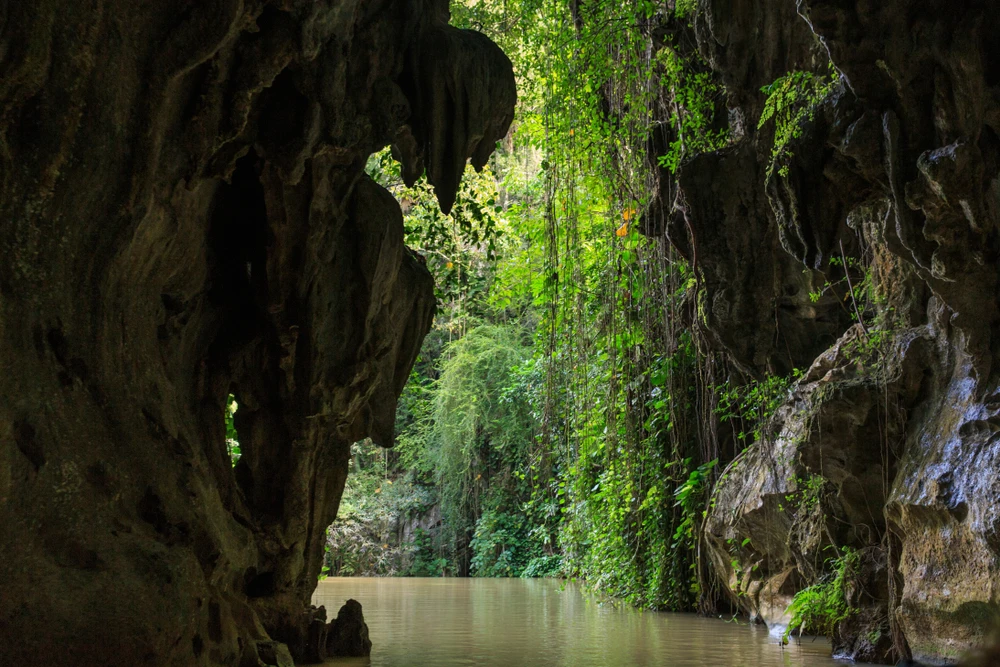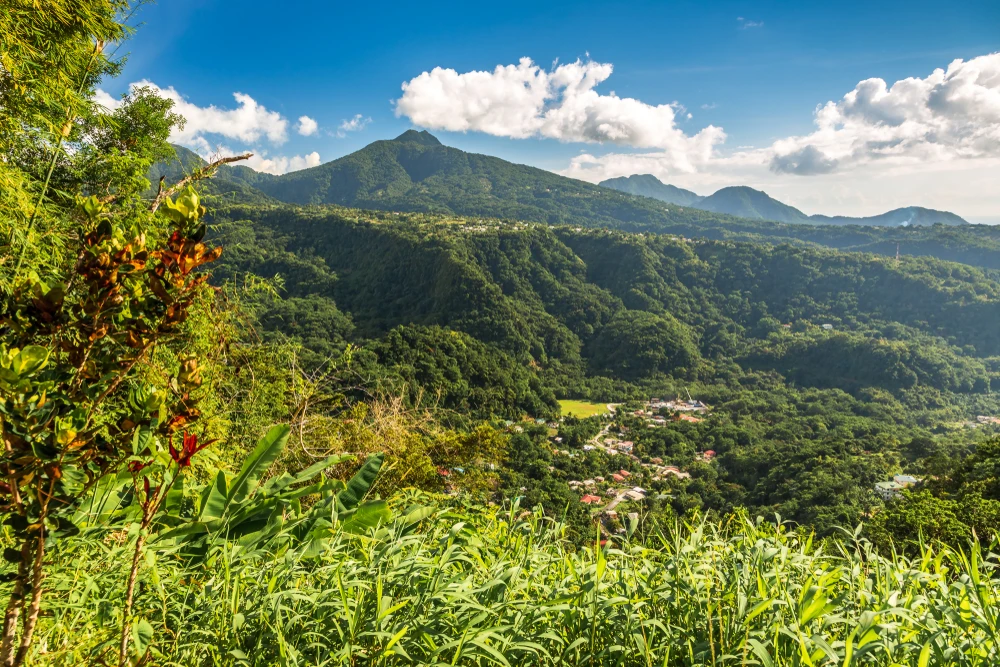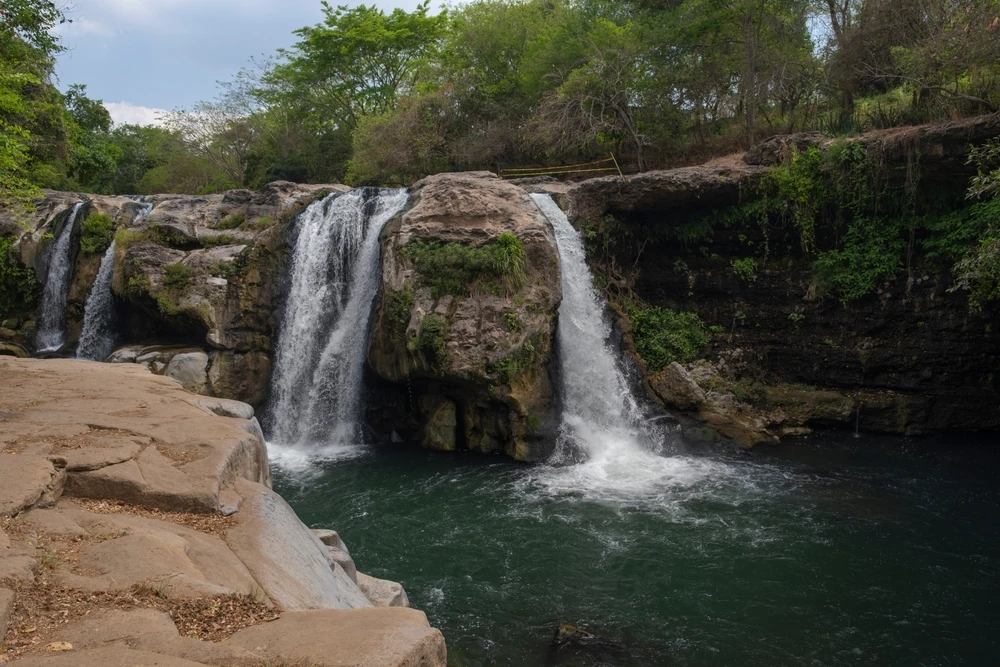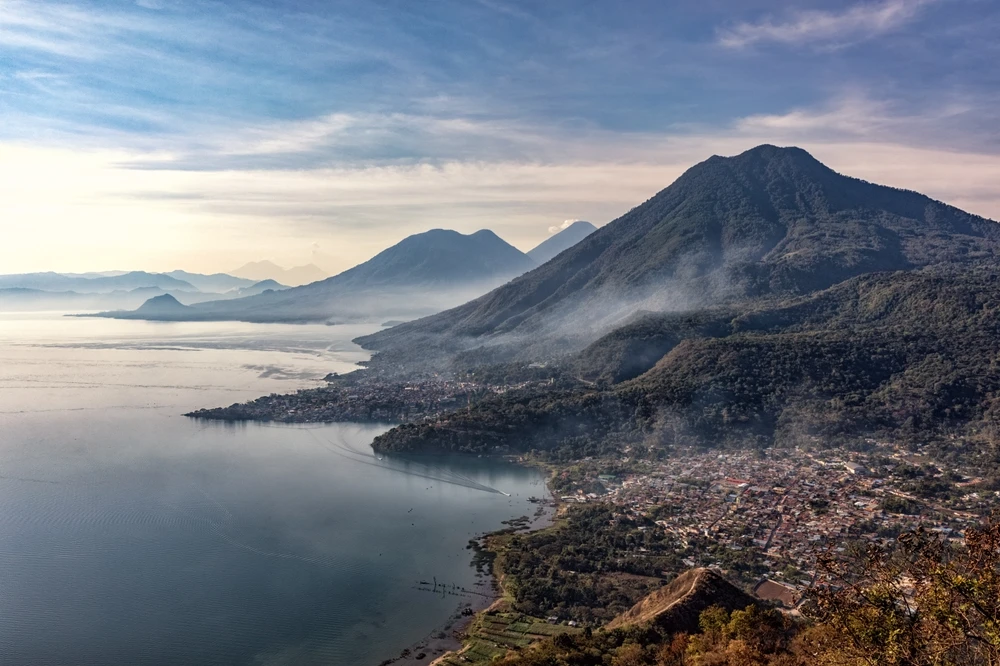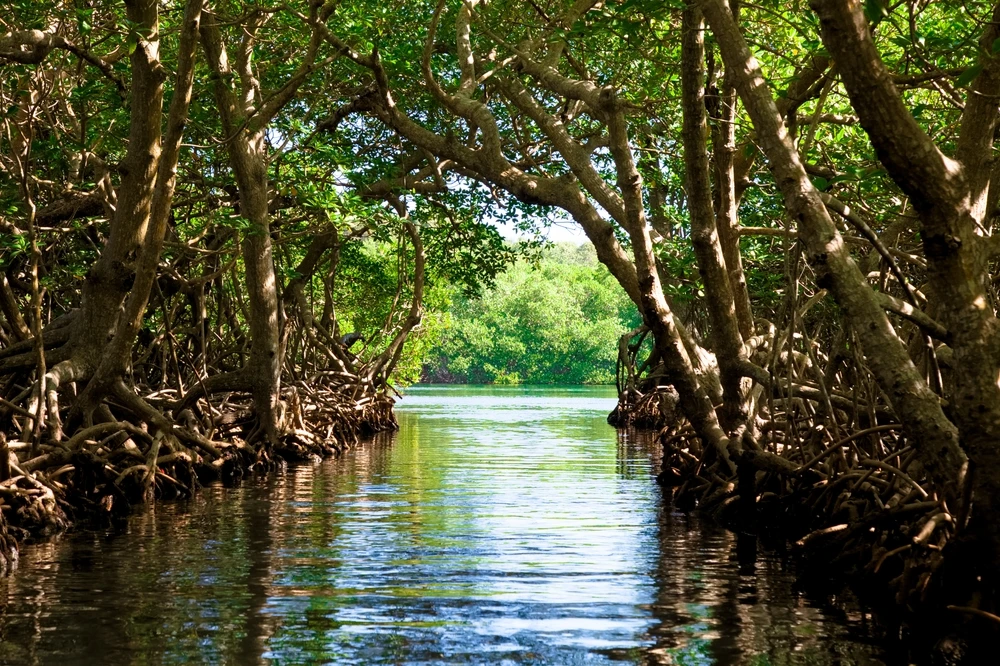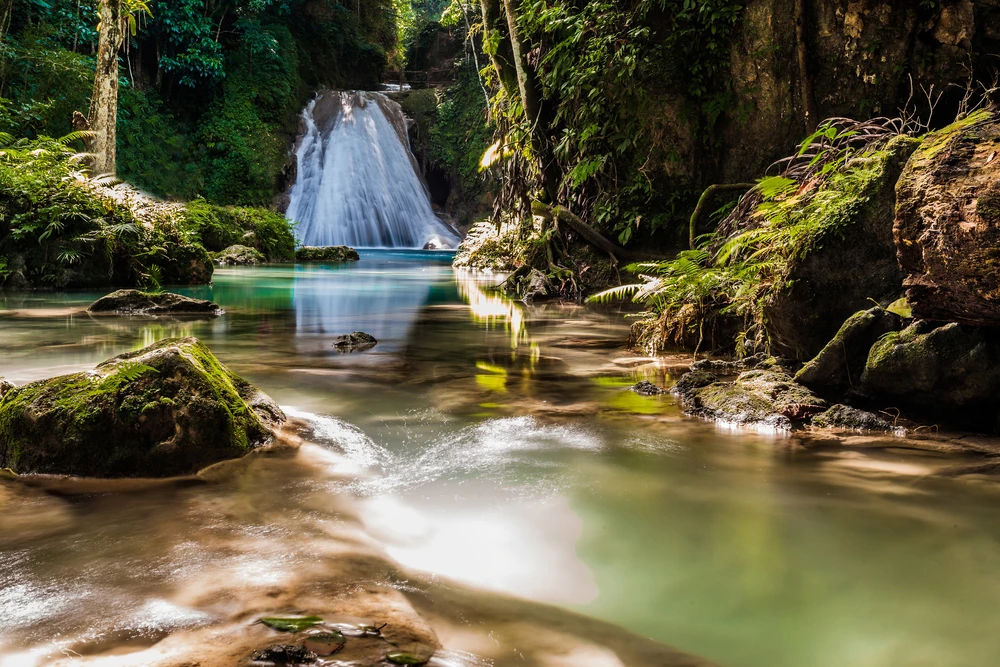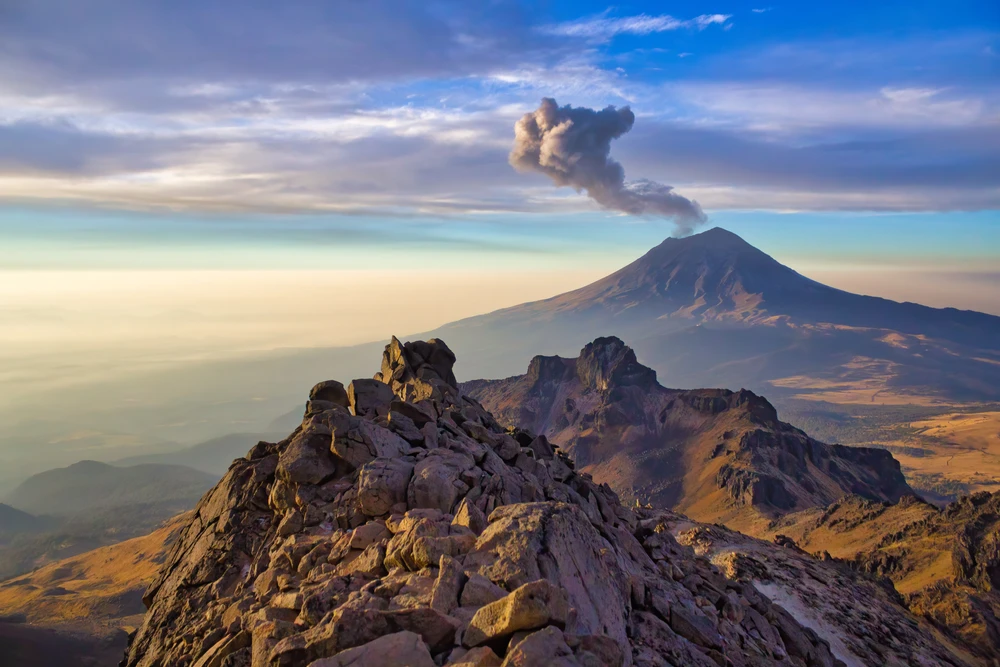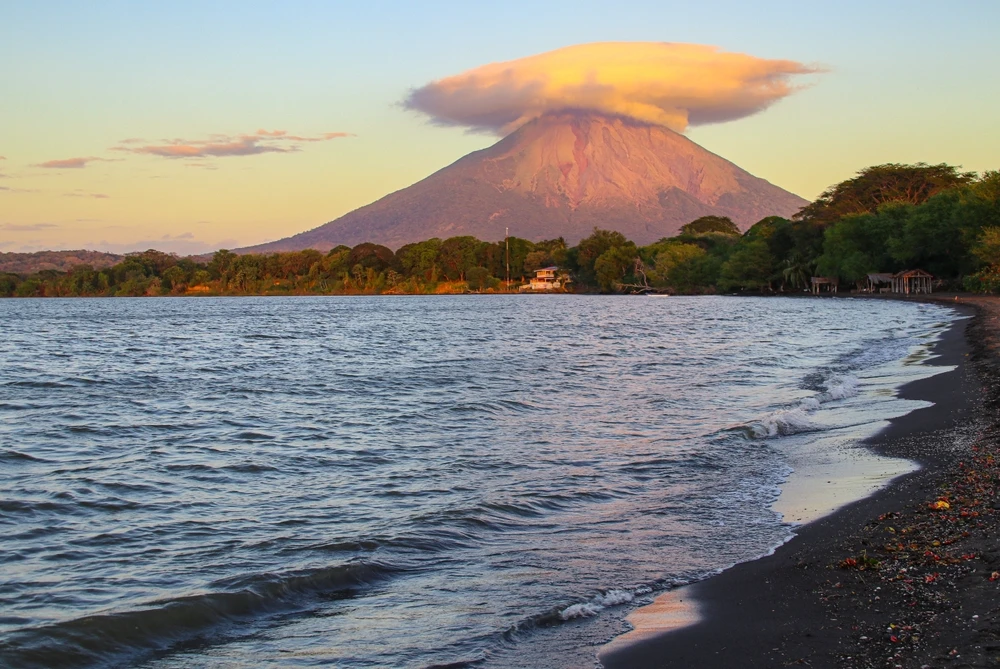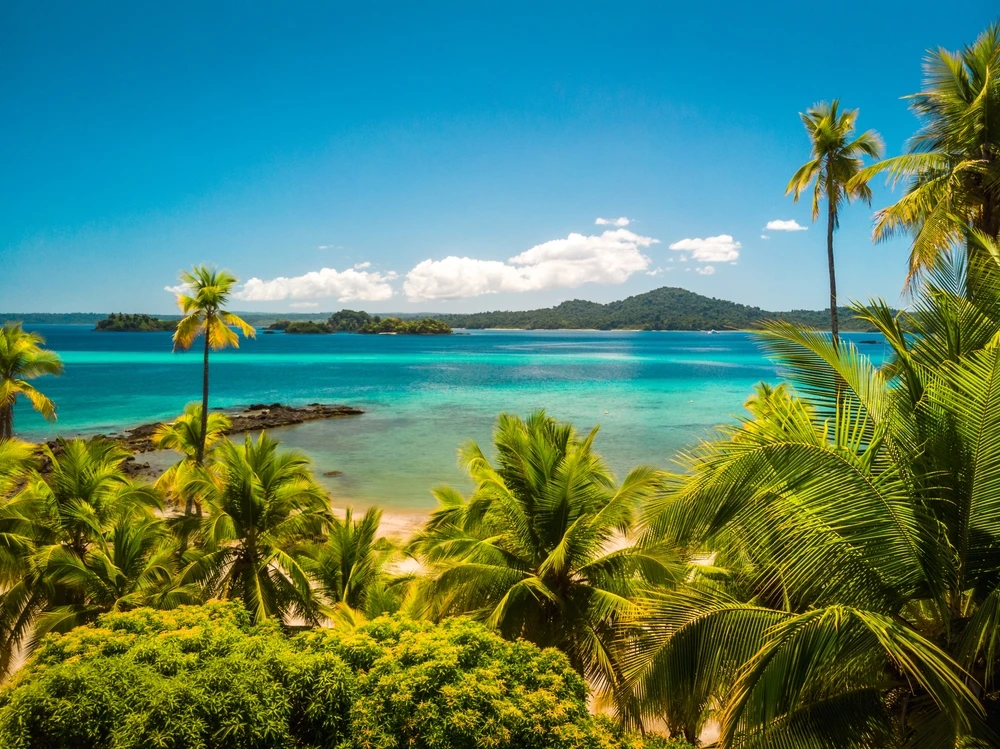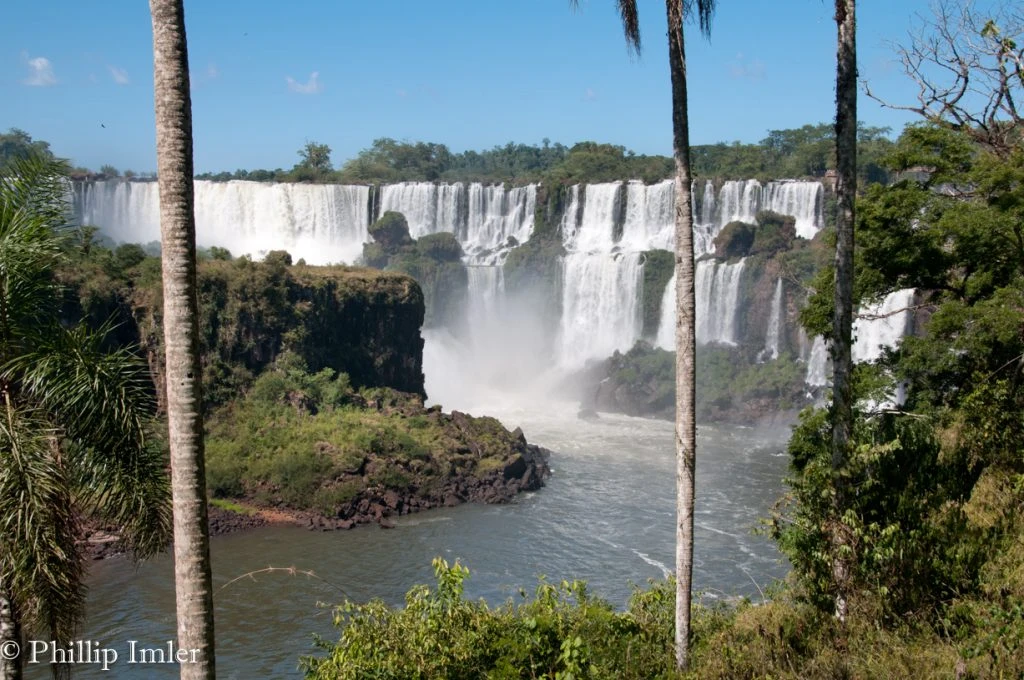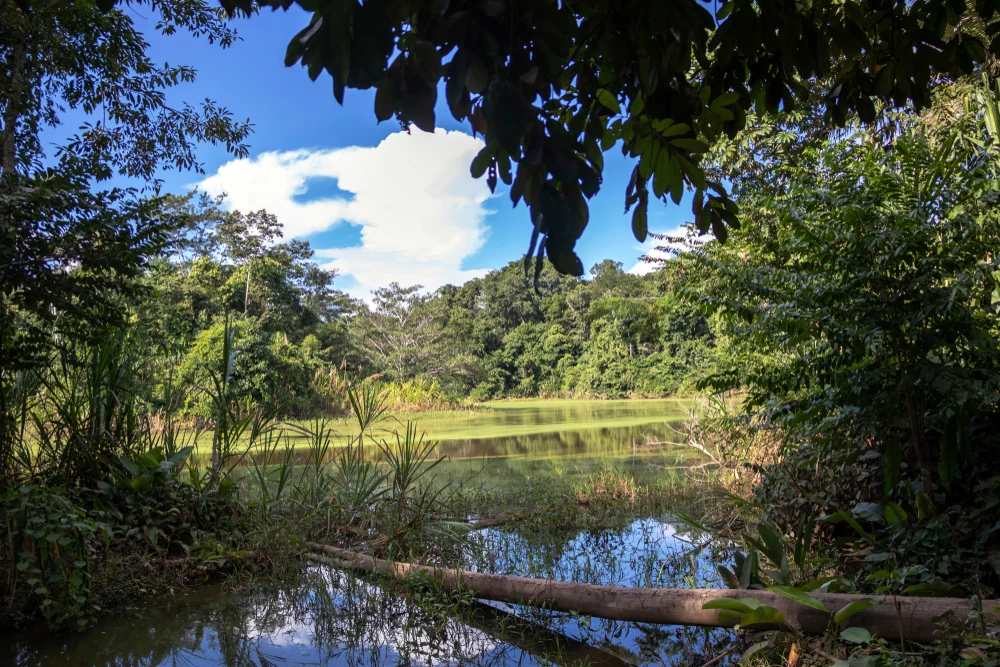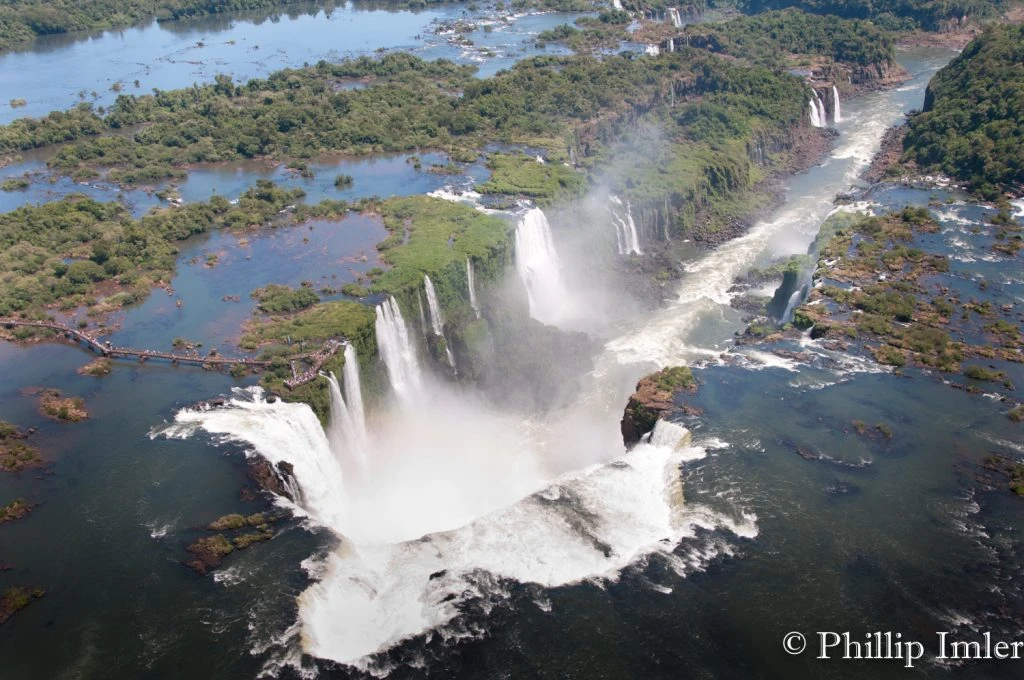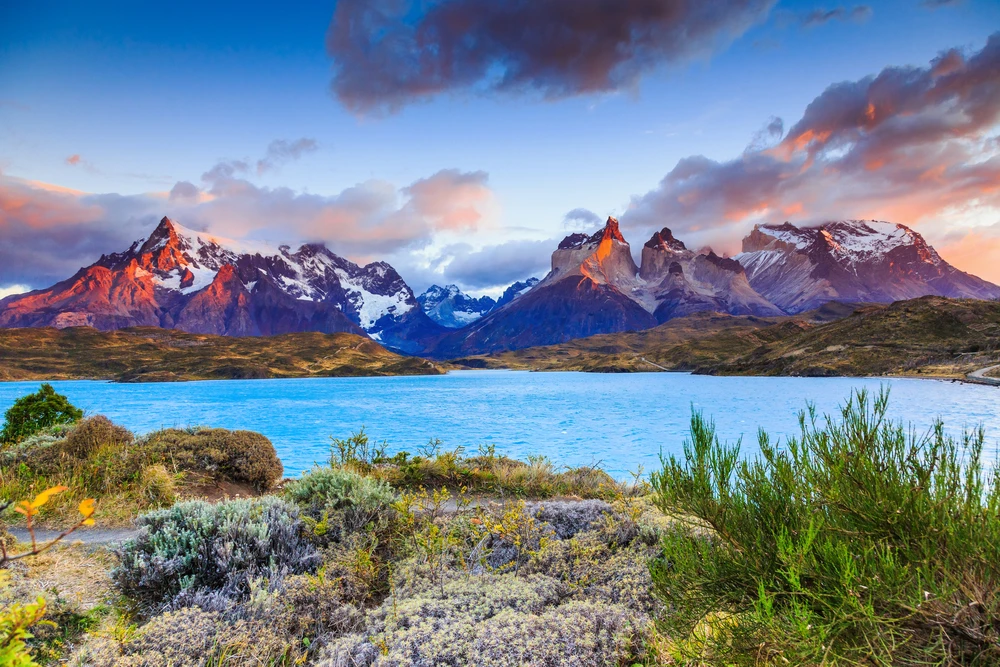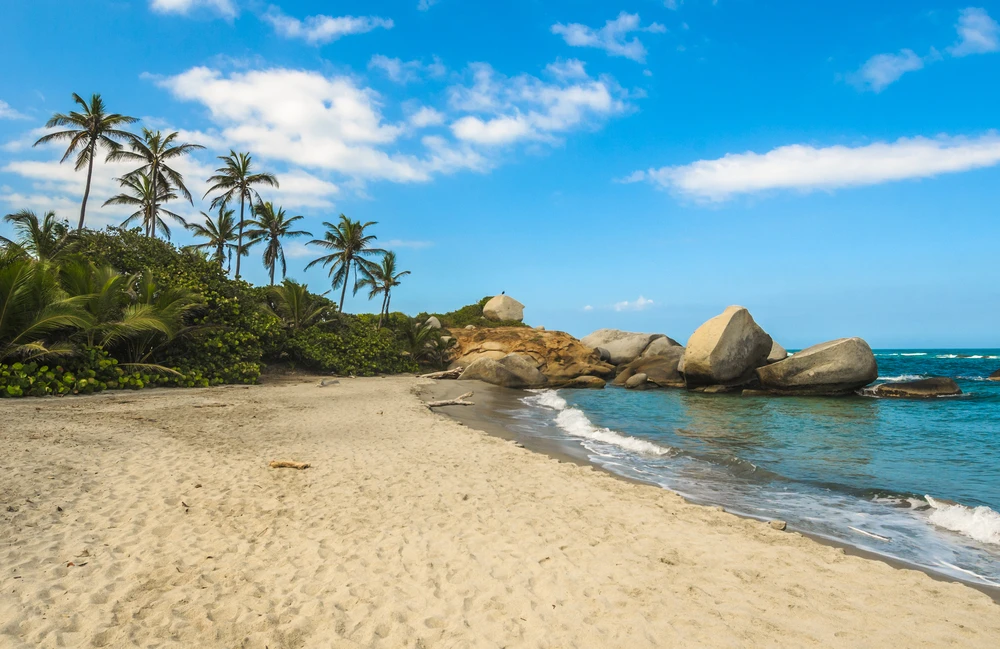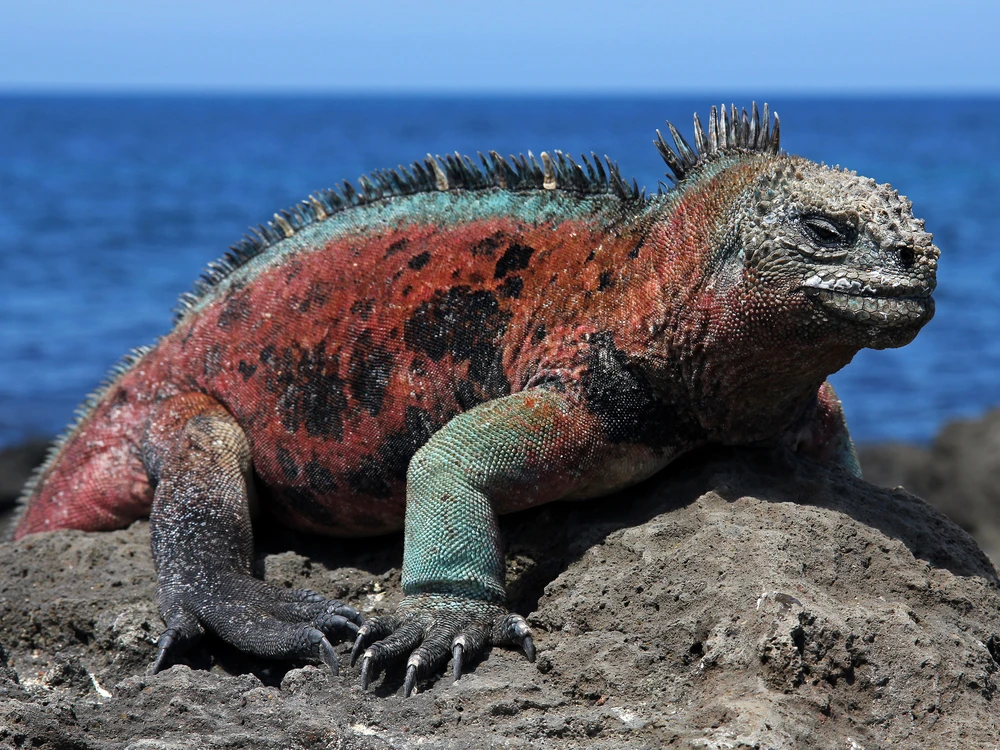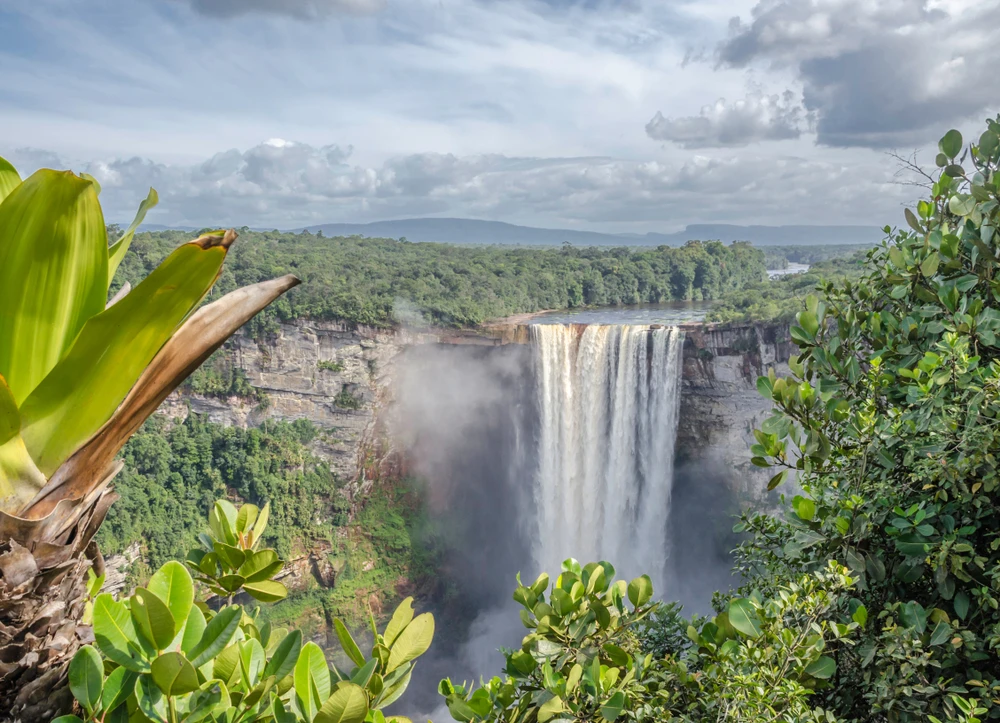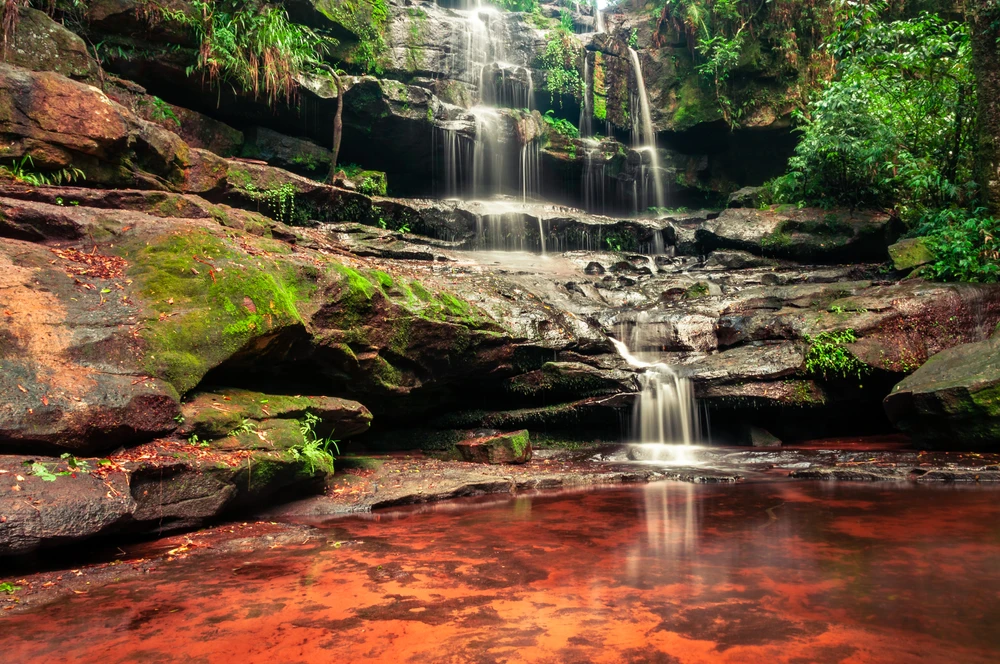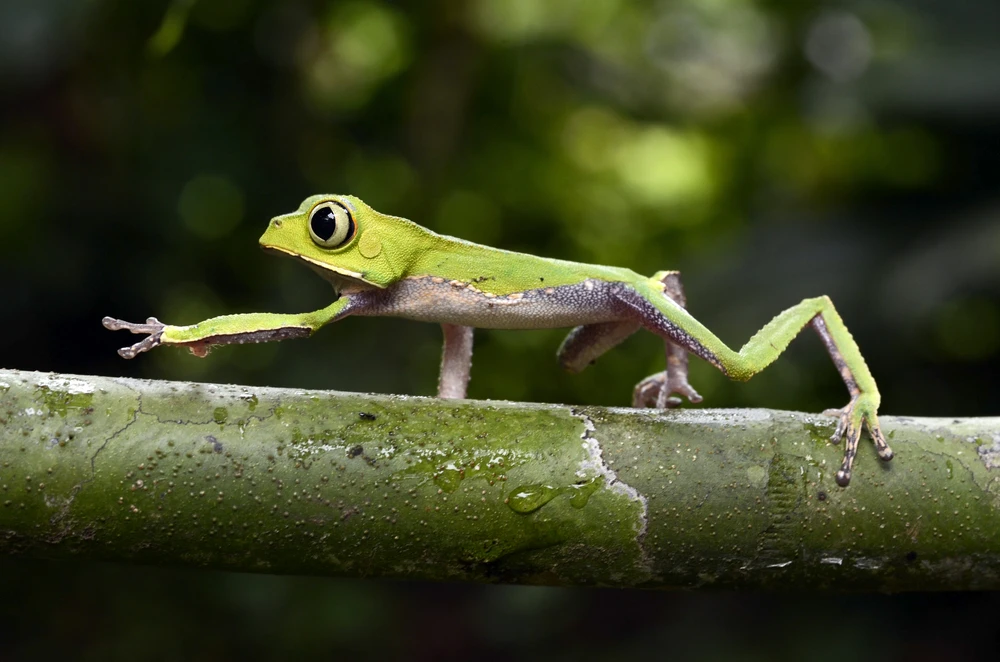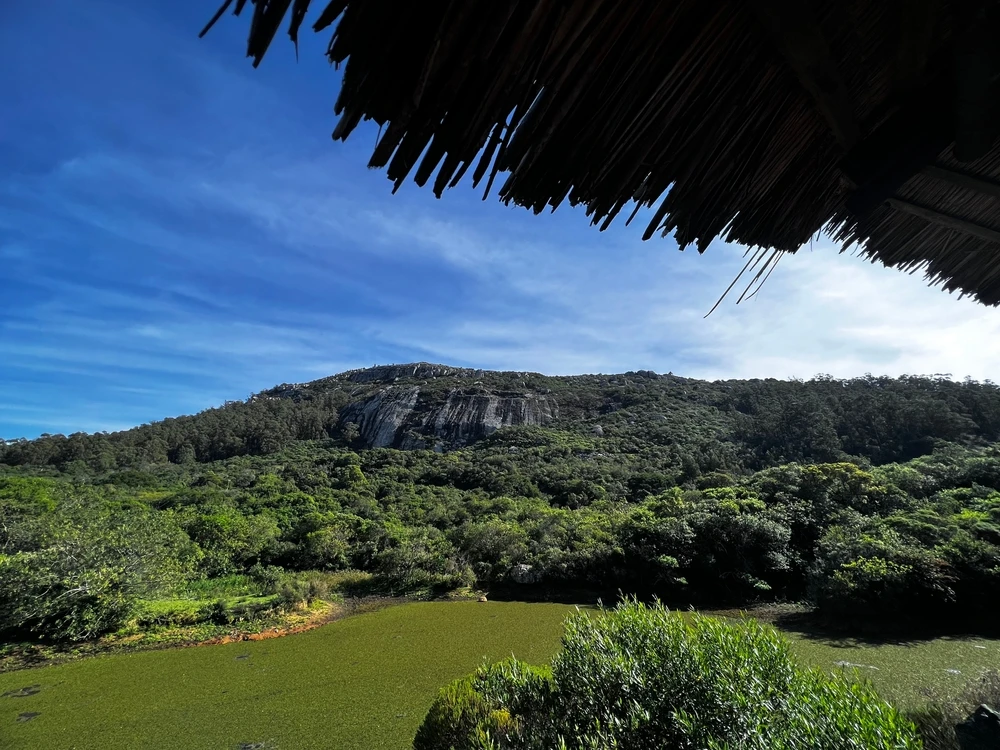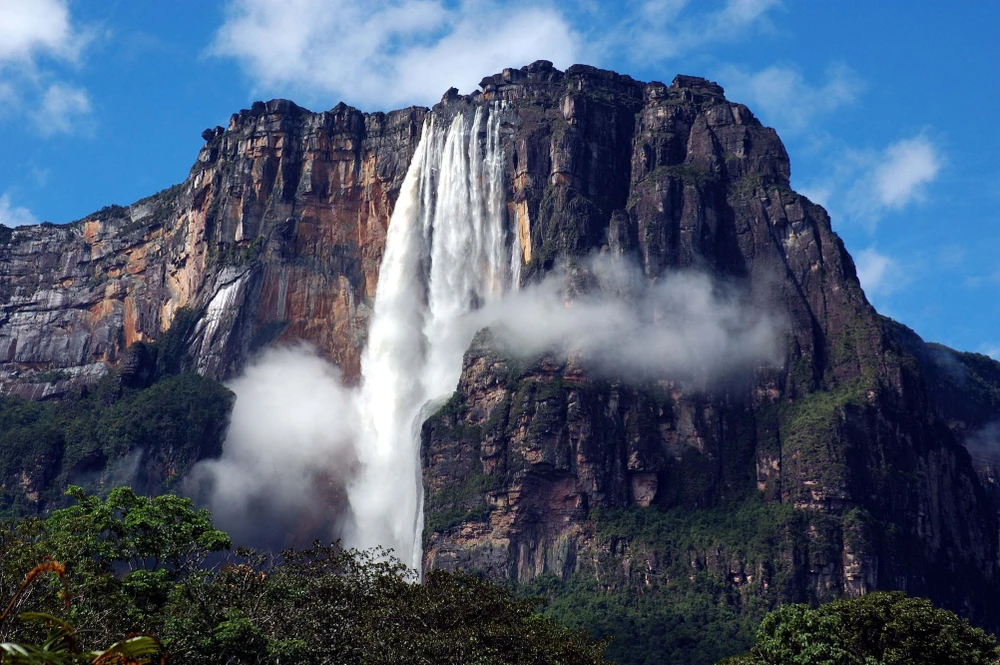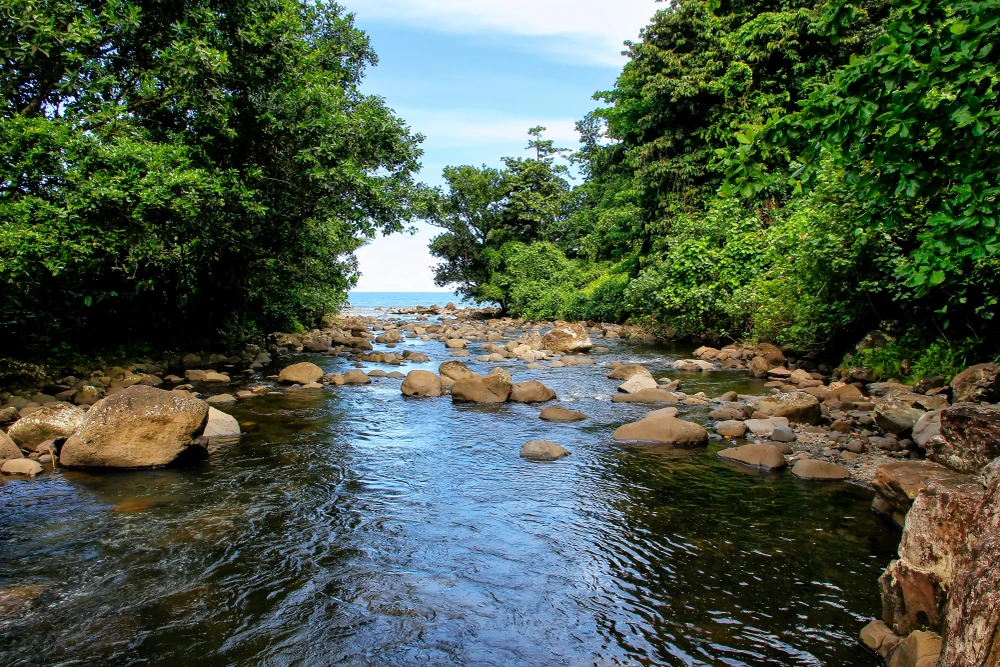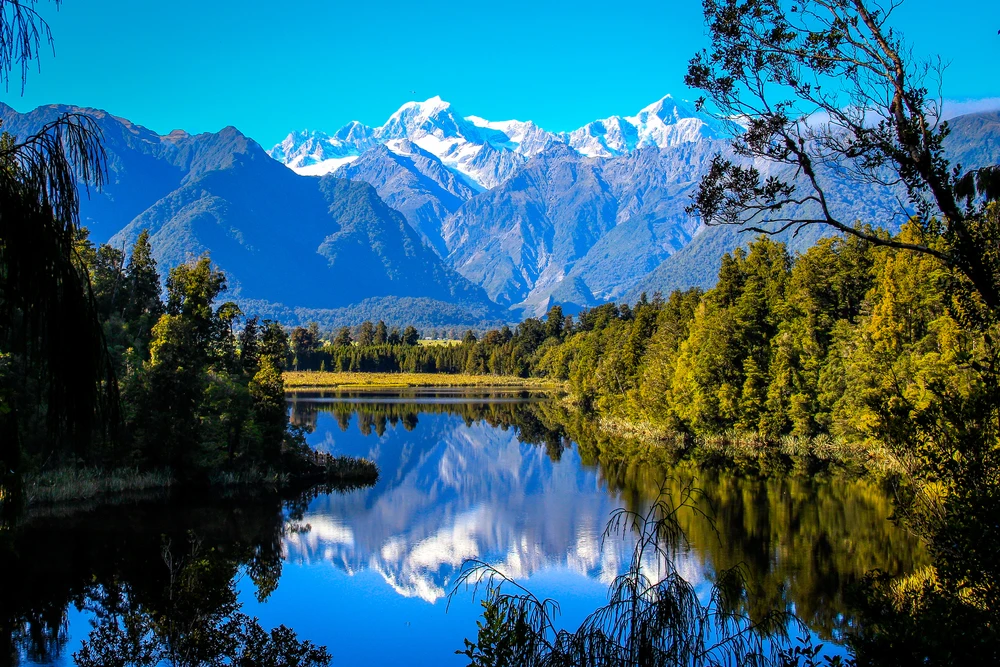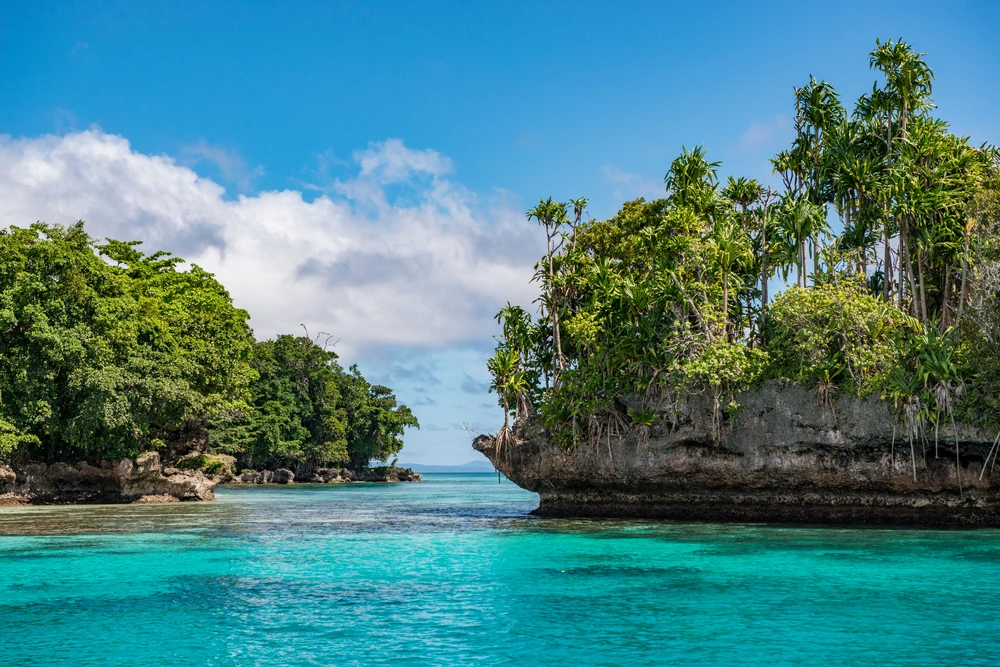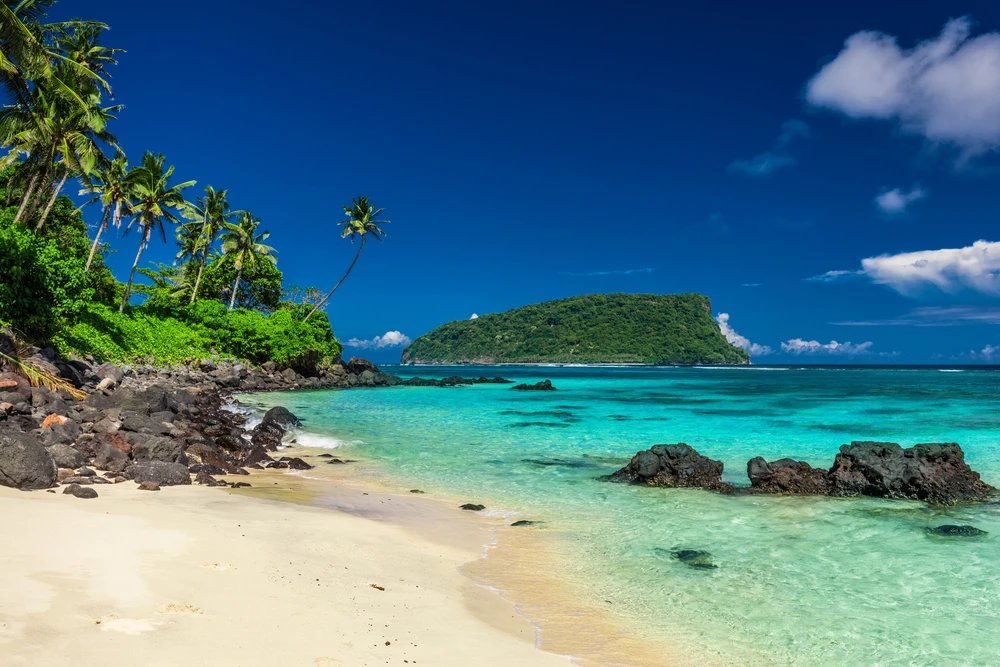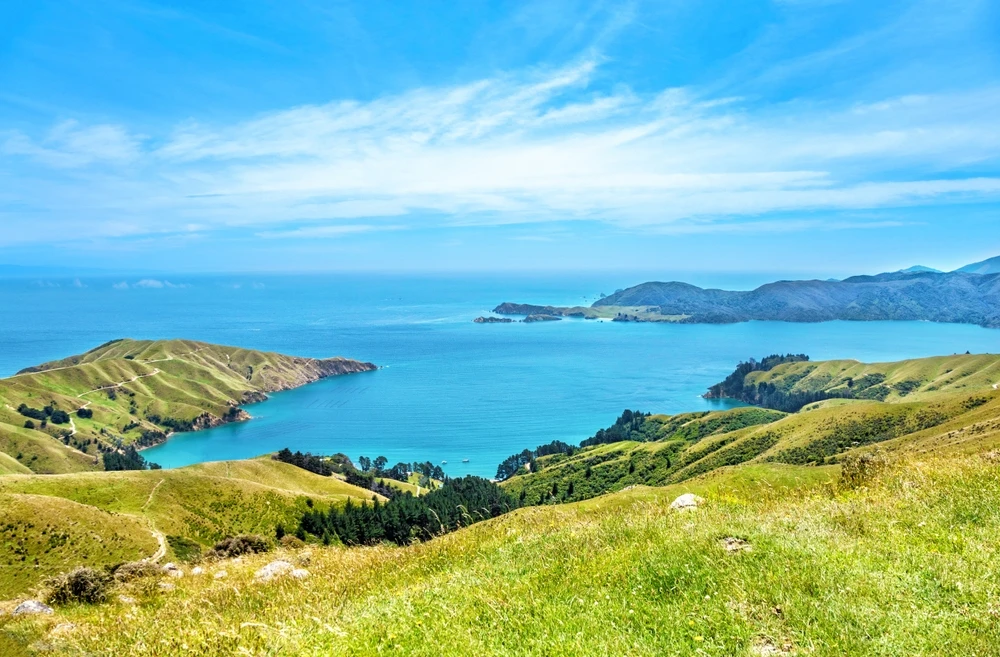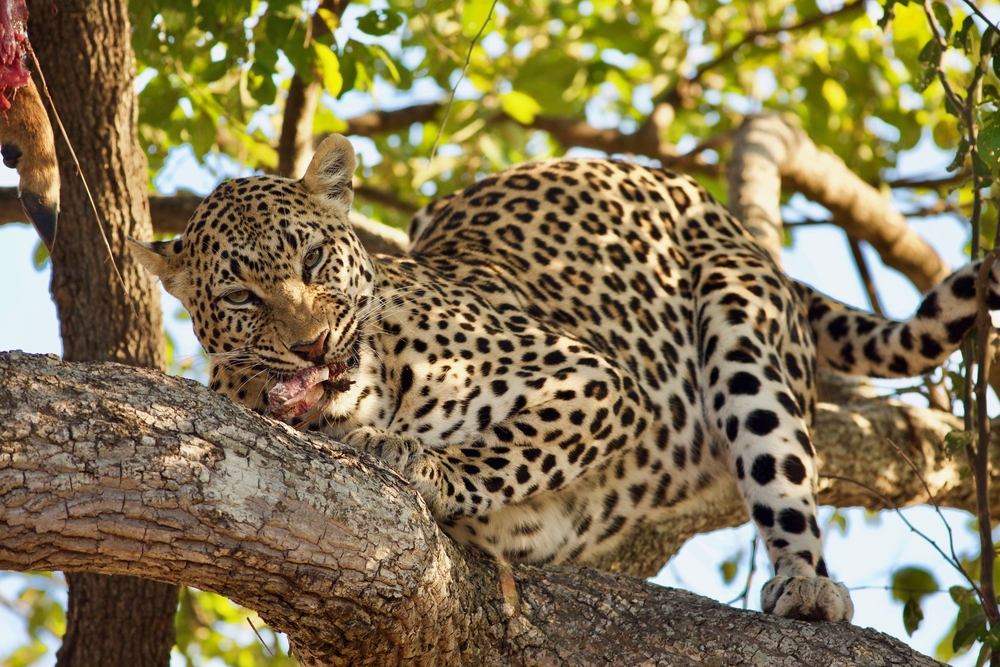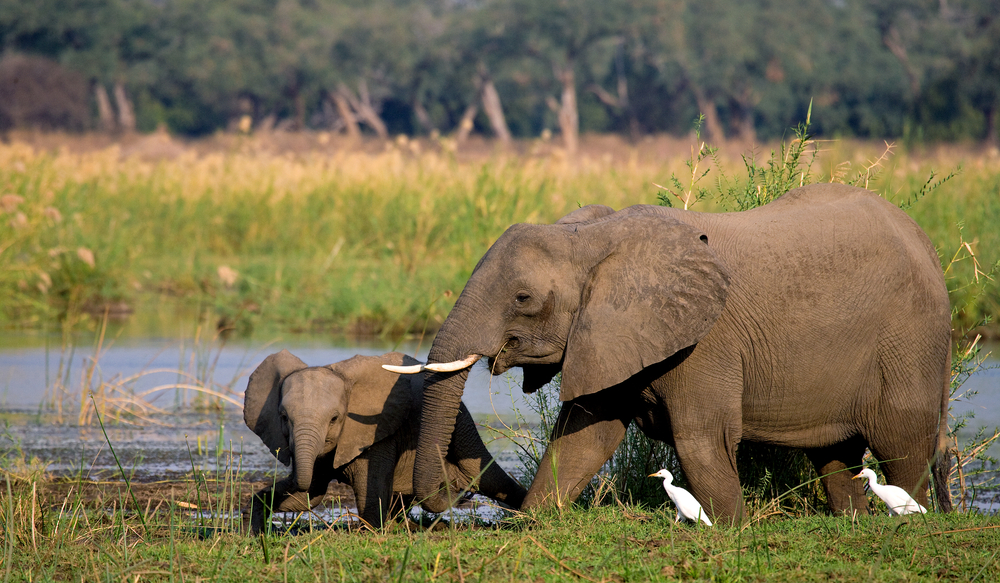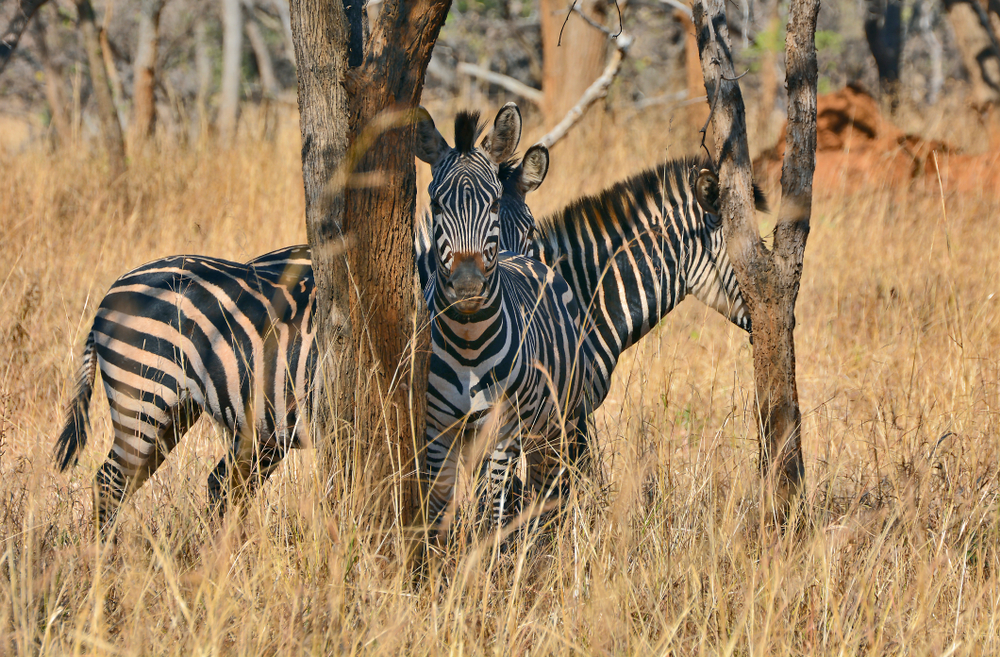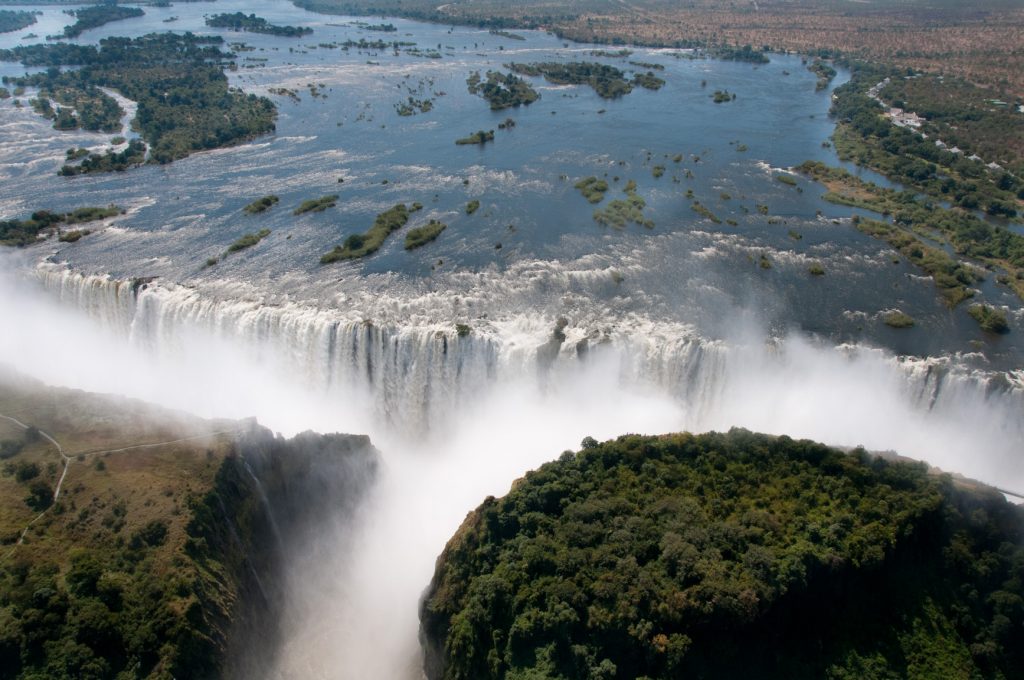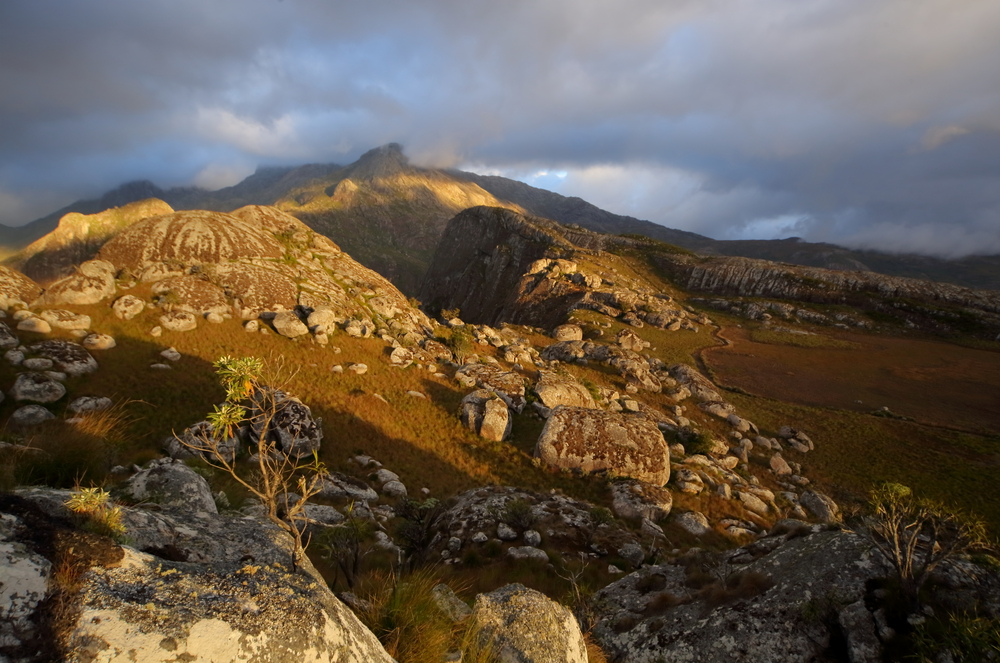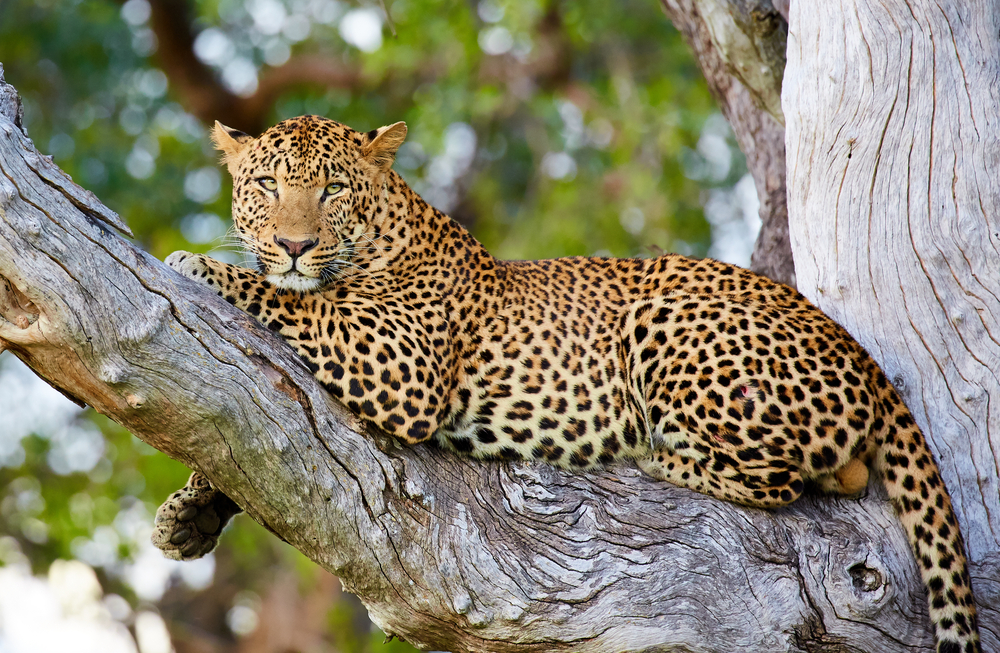Nsumbu Overview
Nsumbu National Park, known locally as Paki ya Nsumbu, is a pristine and remote wilderness located in northern Zambia, along the southern shores of Lake Tanganyika. Covering an area of approximately 2,000 square kilometers (772 square miles), this park is part of the greater Tanganyika ecosystem and is a crucial conservation area within Zambia. Nusumbu’s natural beauty and biodiversity make it a hidden gem, offering visitors a unique combination of lakefront scenery, rugged landscapes, and diverse wildlife.
The park is defined by its varied terrain, which includes rolling hills, rocky escarpments, and lush forests. While mountains are not a dominant feature, the undulating topography offers stunning views of Lake Tanganyika, the world’s second-deepest freshwater lake, which stretches along the park’s northern border. The crystal-clear waters of the lake provide a picturesque backdrop, teeming with life and serving as a vital resource for the park’s ecosystems.
Nsumbu National Park is celebrated for its unique wildlife and rich biodiversity. Along the lakefront, visitors may spot hippos and Nile crocodiles, while elephants, buffalo, and warthogs roam the park’s open plains and woodlands. Antelope species, including bushbucks and waterbucks, thrive in the park’s grassy areas. Predators such as leopards and spotted hyenas are present, although sightings can be rare due to the park’s remote and wild nature. The park also boasts exceptional birdlife, with species such as the African fish eagle, pied kingfisher, and Ross’s turaco adding vibrant splashes of color to the landscape.
Lake Tanganyika itself is a major highlight of Nsumbu National Park. Renowned for its incredible aquatic biodiversity, the lake hosts over 350 species of cichlid fish, many of which are endemic. The clear waters offer opportunities for activities such as fishing, boating, and snorkeling, allowing visitors to explore the lake’s thriving underwater world.
Despite its beauty and ecological significance, Nsumbu National Park remains relatively undeveloped, making it ideal for travelers seeking an off-the-beaten-path adventure. This lack of infrastructure has helped preserve the park’s untouched landscapes, though it also presents challenges for conservation. Efforts to protect the park include anti-poaching patrols, habitat preservation programs, and community engagement initiatives aimed at promoting sustainable resource use. Partnerships with local communities are essential to reducing human-wildlife conflict and fostering a sense of stewardship for the park’s resources.
Visitors to Nsumbu National Park can enjoy game drives, guided nature walks, and birdwatching, offering intimate opportunities to experience its natural beauty. Lake-based activities, such as boat safaris and fishing excursions, provide a unique way to explore this stunning environment. Camping under the stars adds to the park’s appeal, allowing visitors to immerse themselves in its peaceful and remote wilderness.
In summary, Nsumbu National Park is a tranquil and unspoiled destination, offering breathtaking lakefront scenery, diverse wildlife, and rich biodiversity. Its conservation importance and secluded charm make it a must-visit for eco-tourists and adventurers exploring Zambia’s northern frontier.


